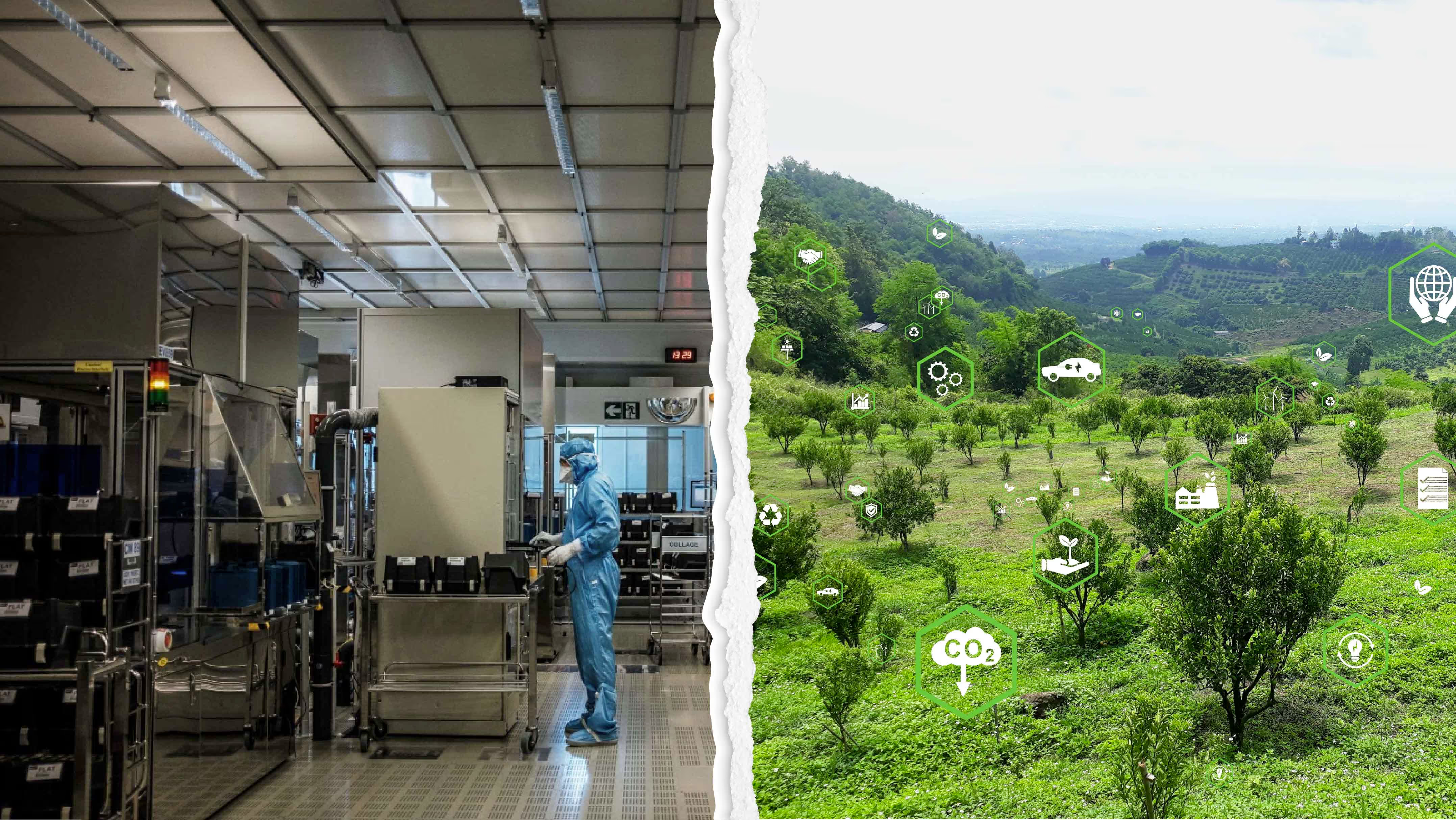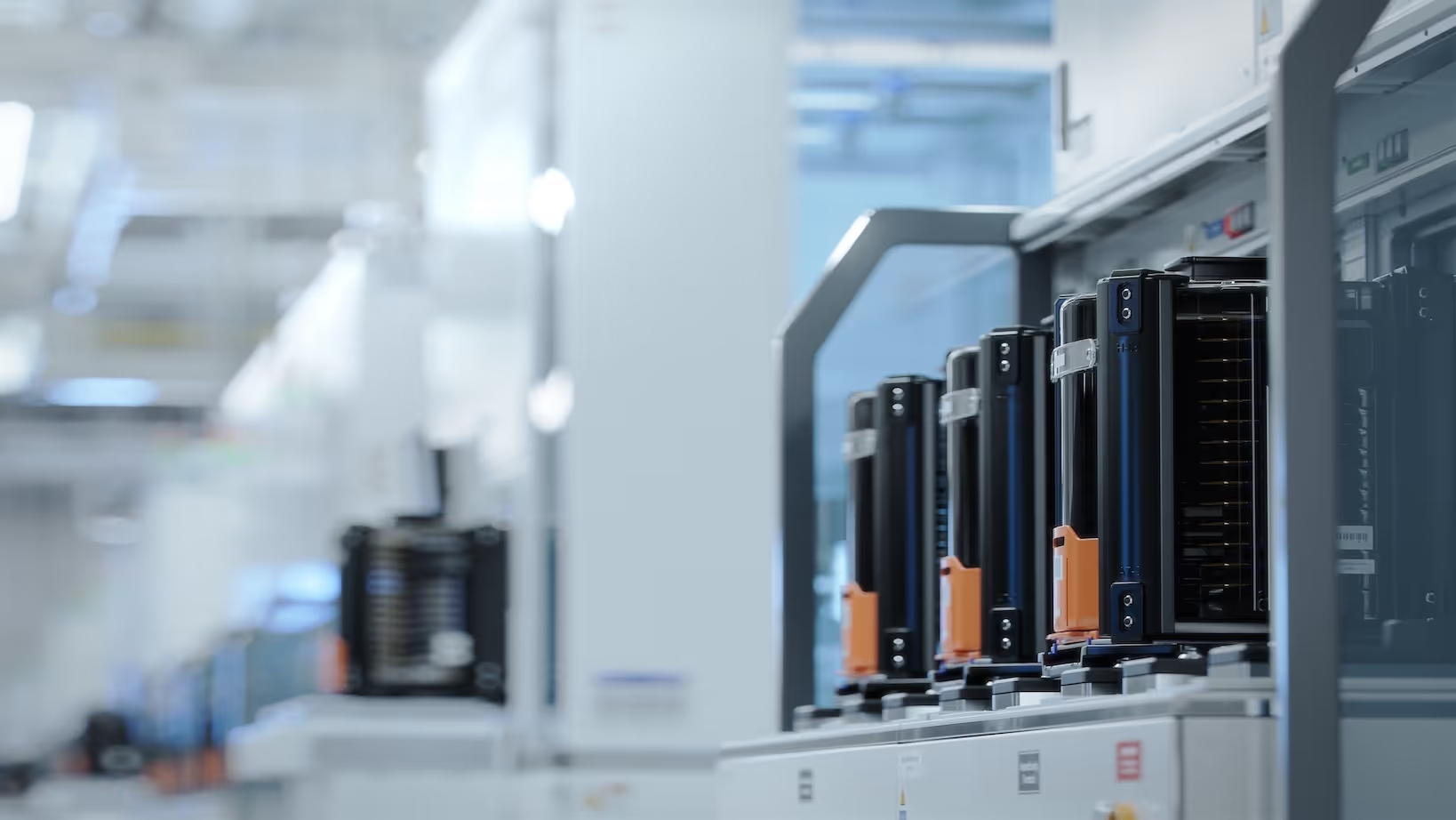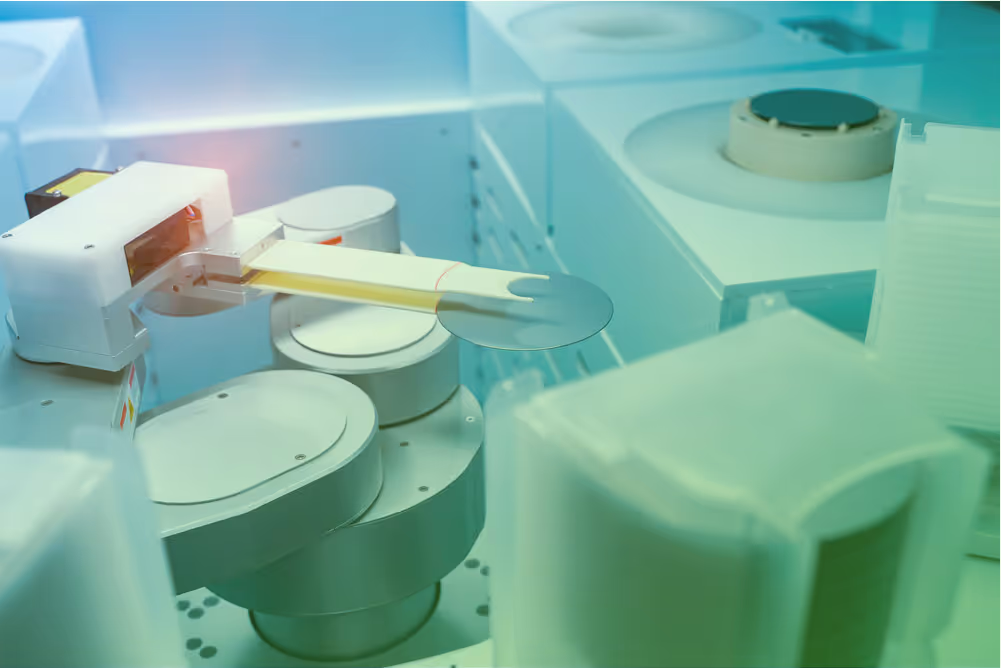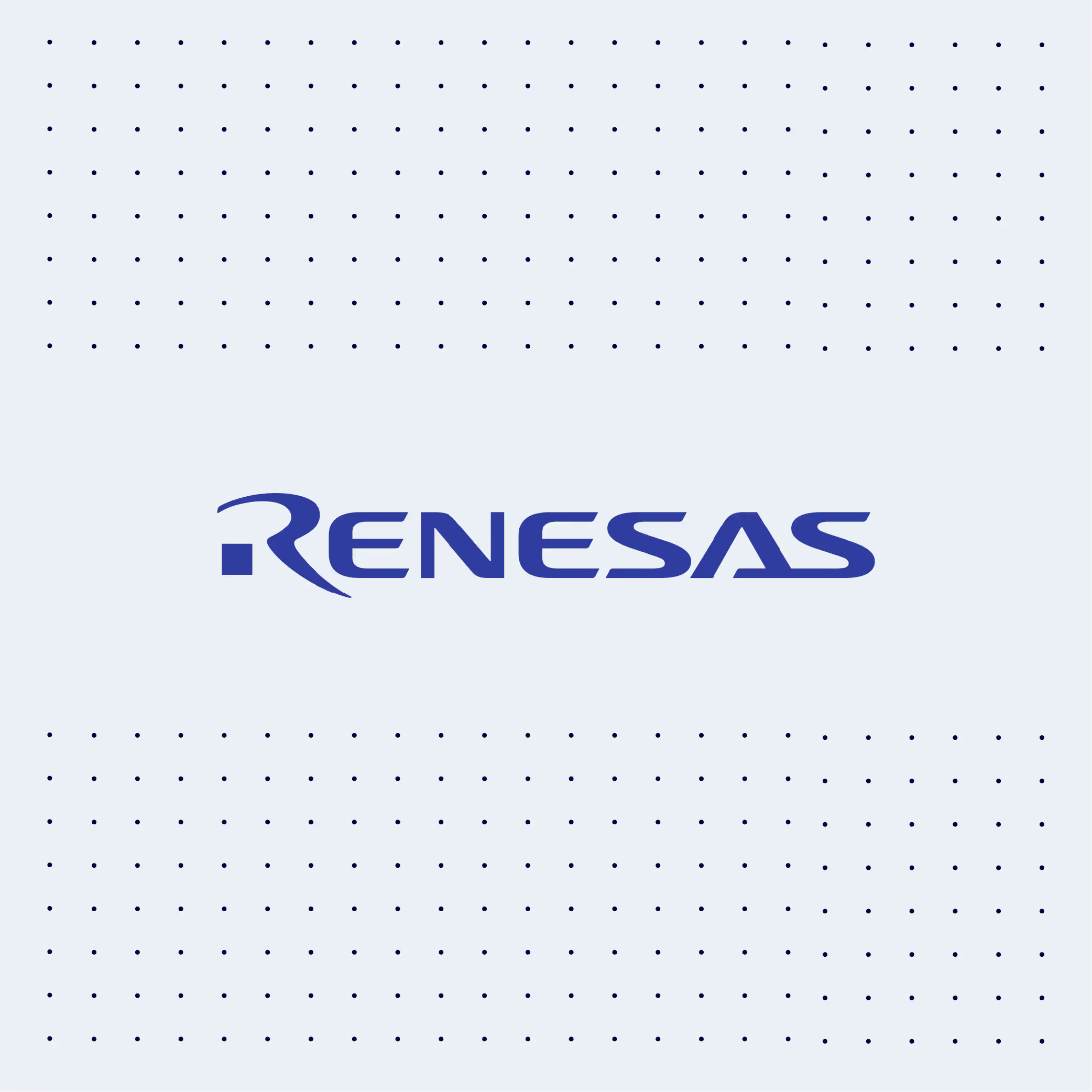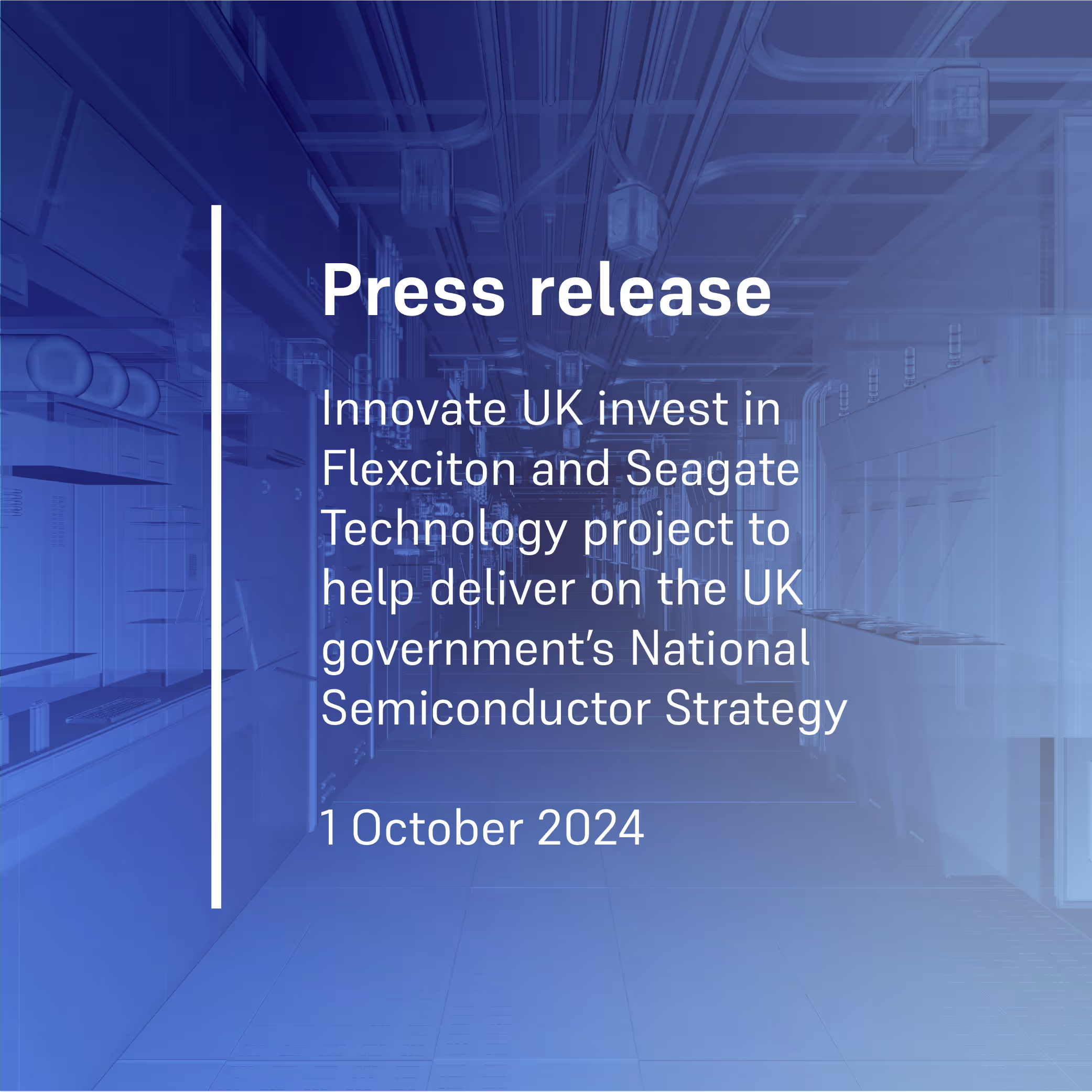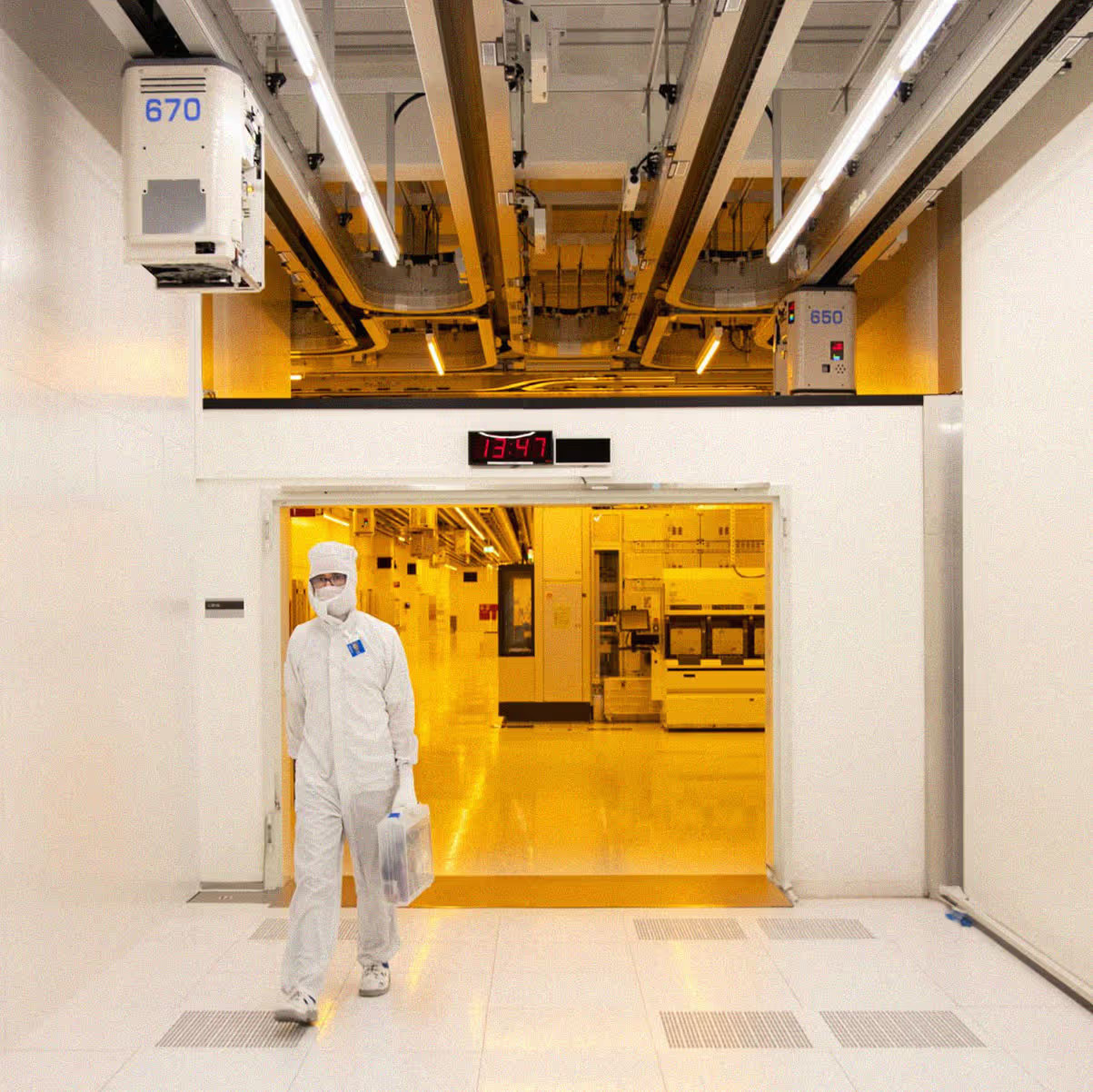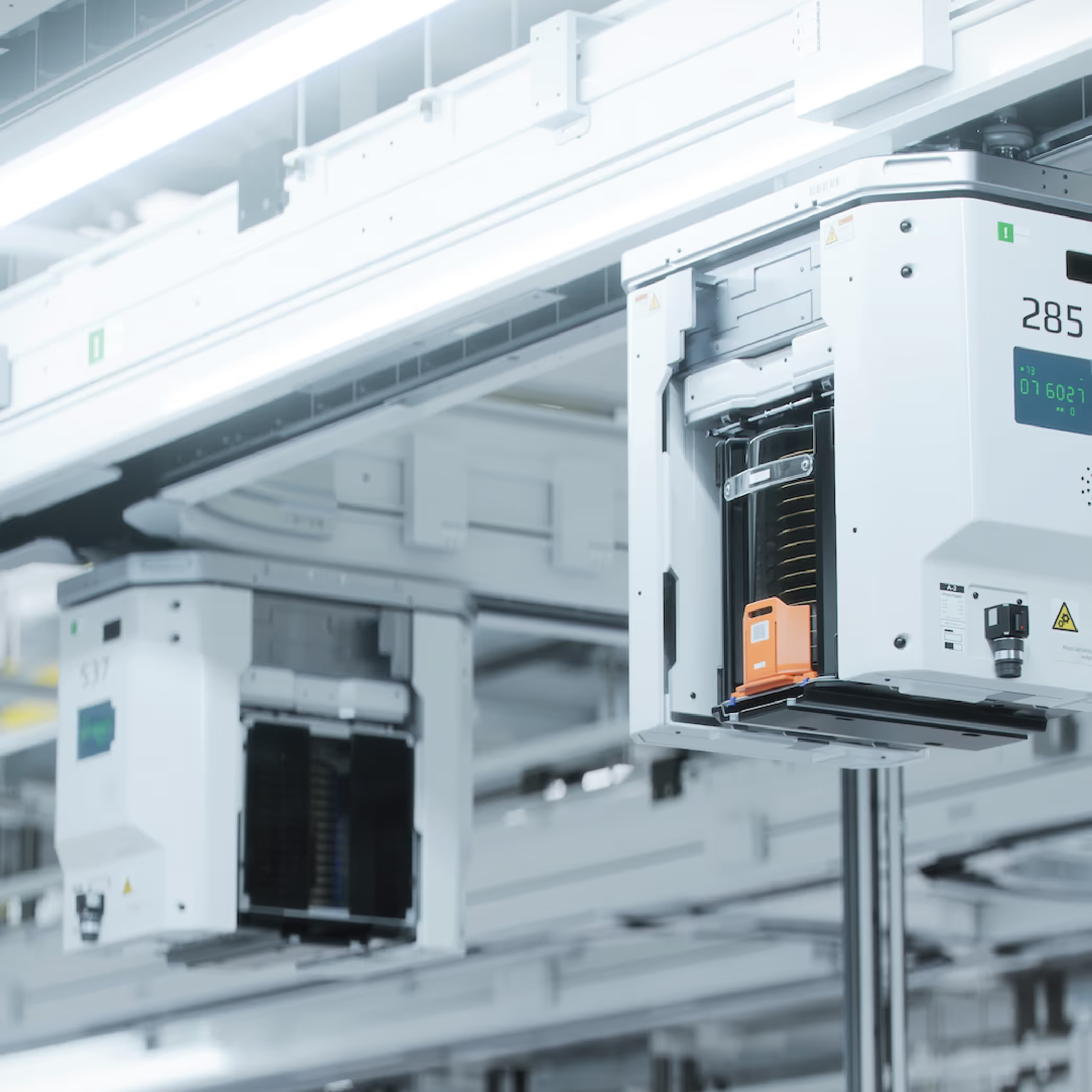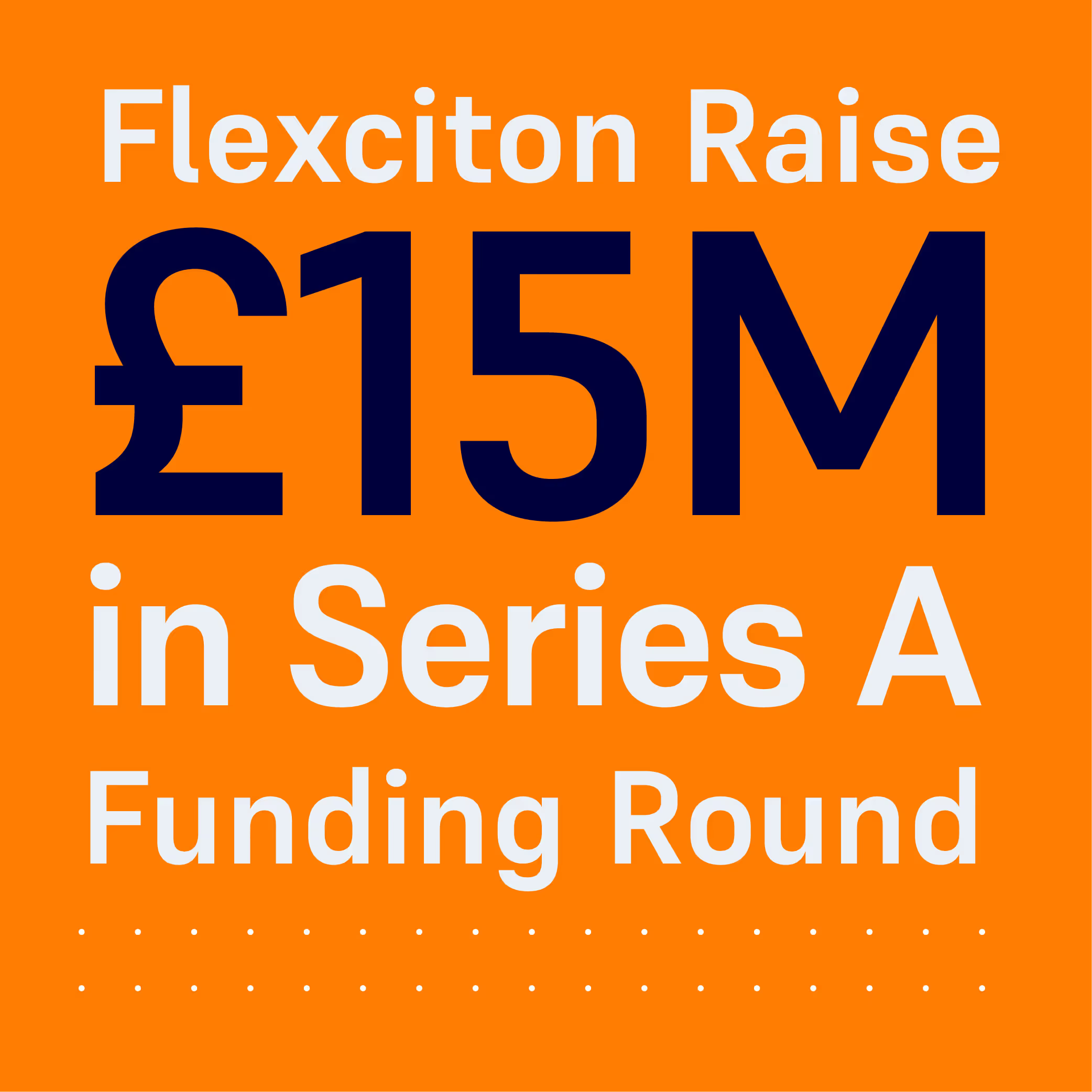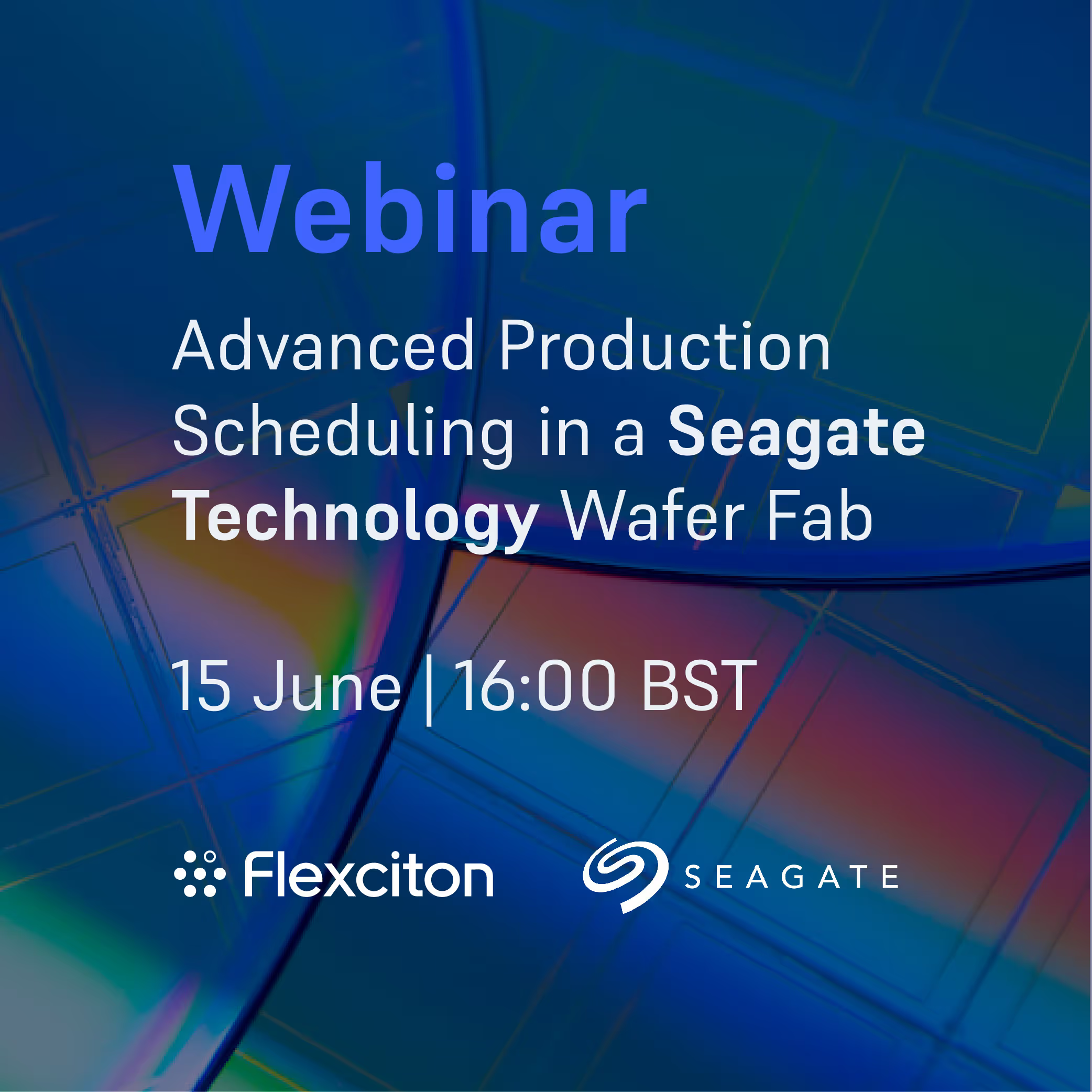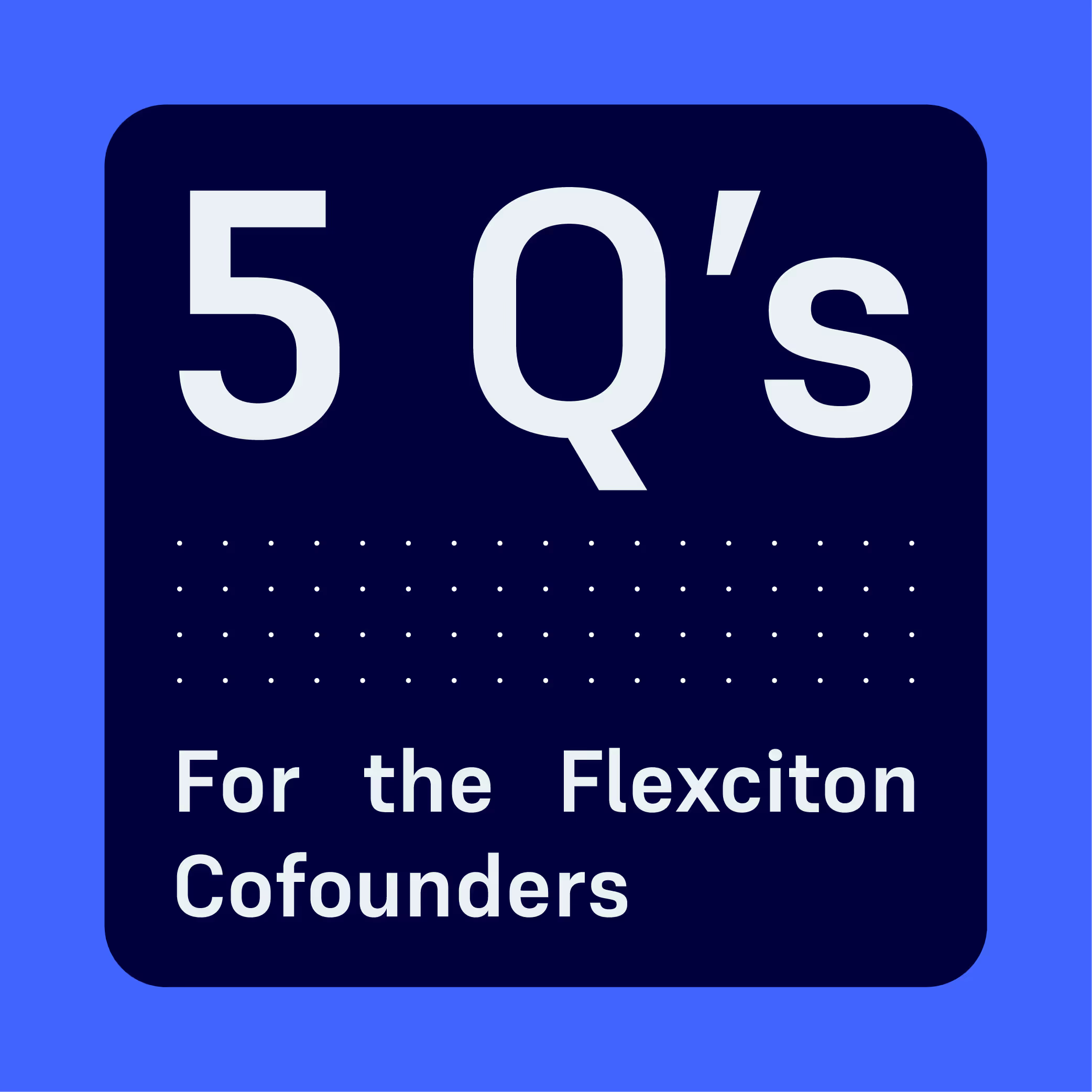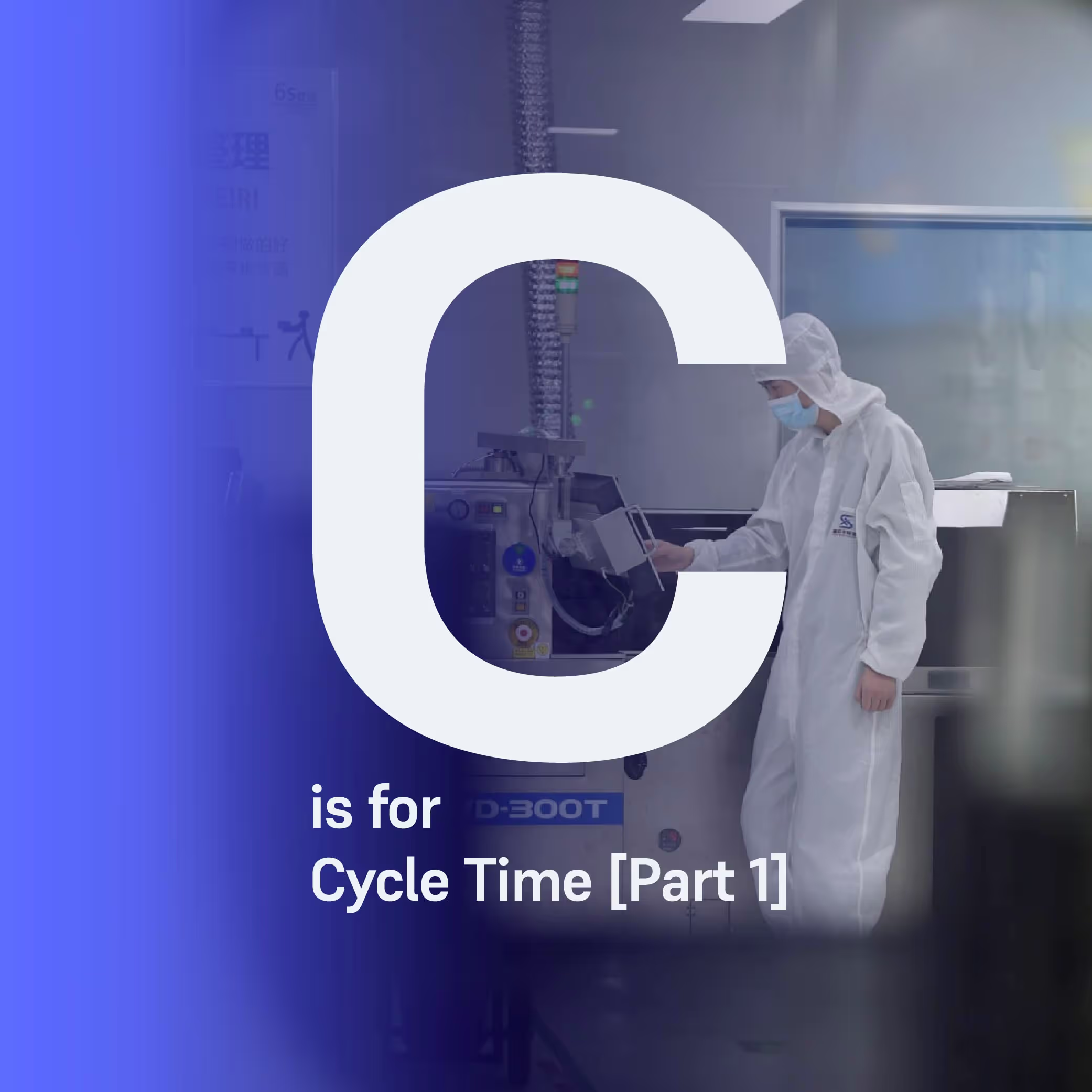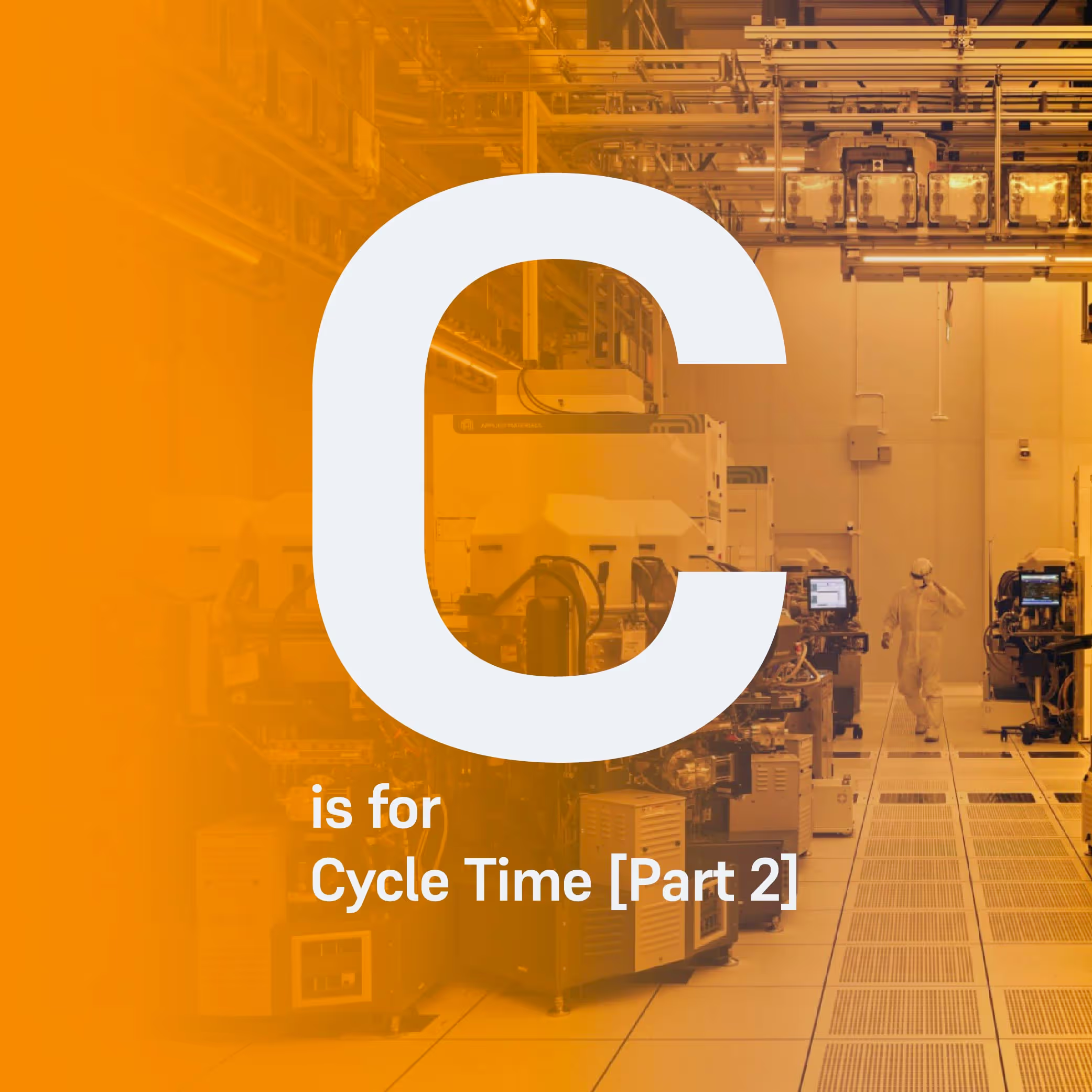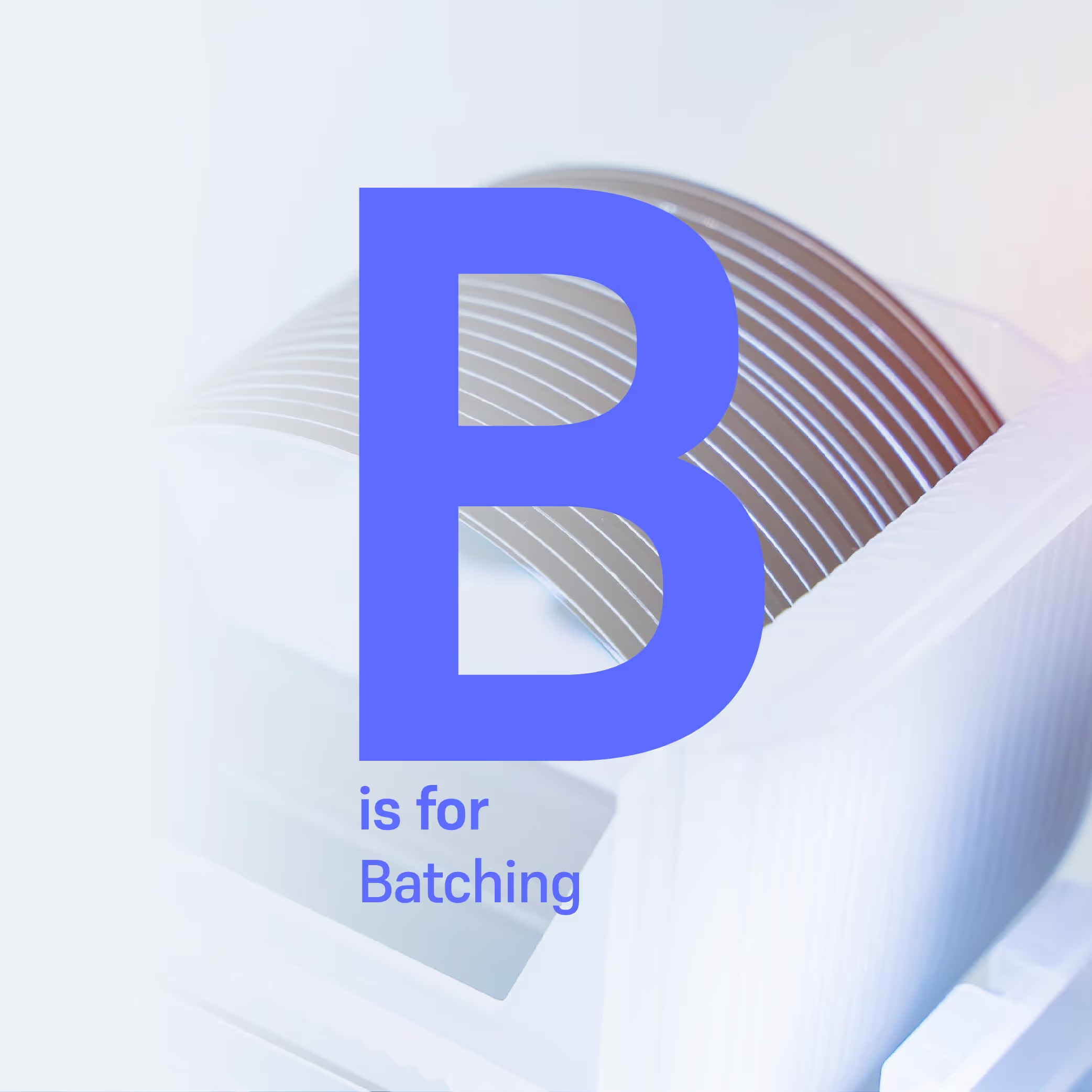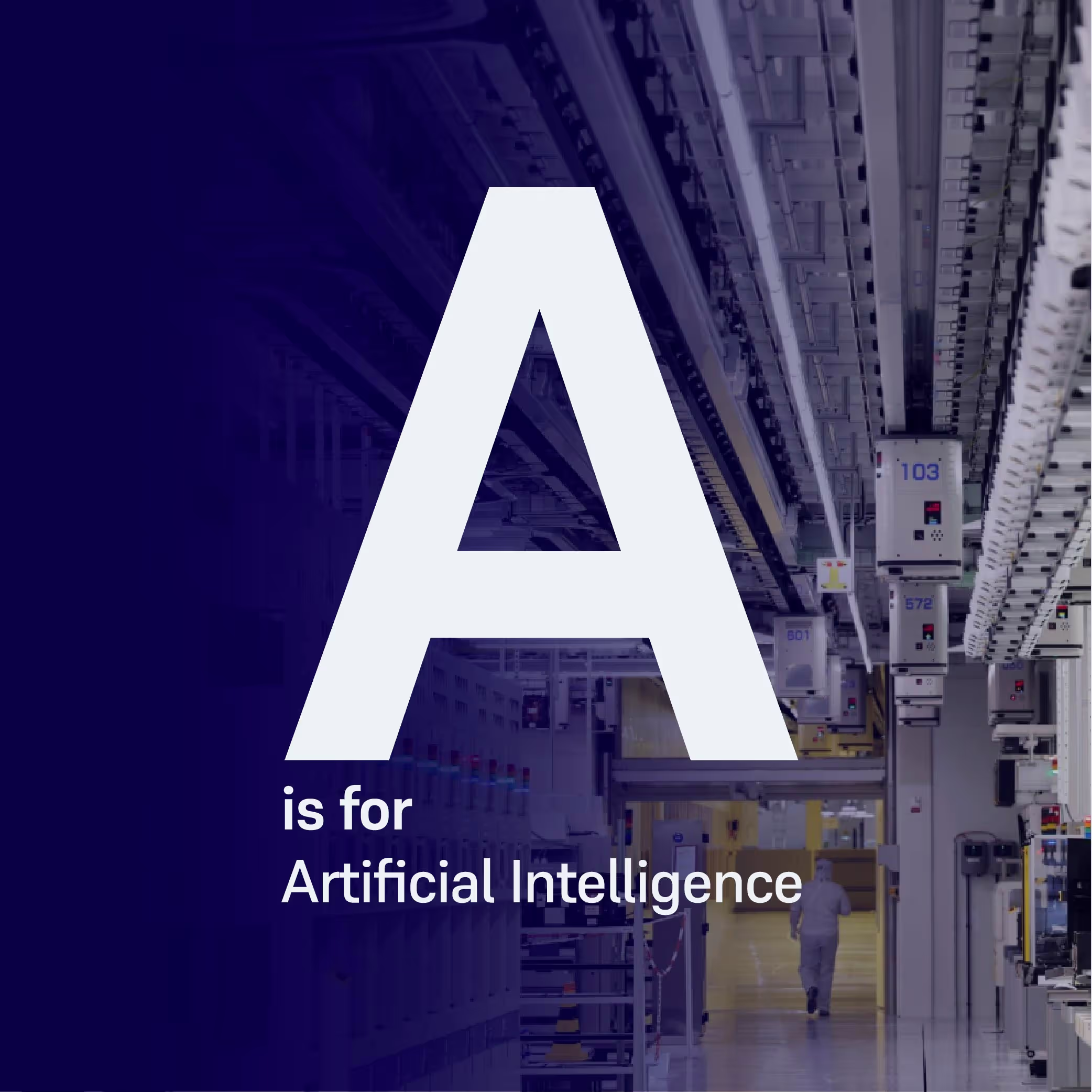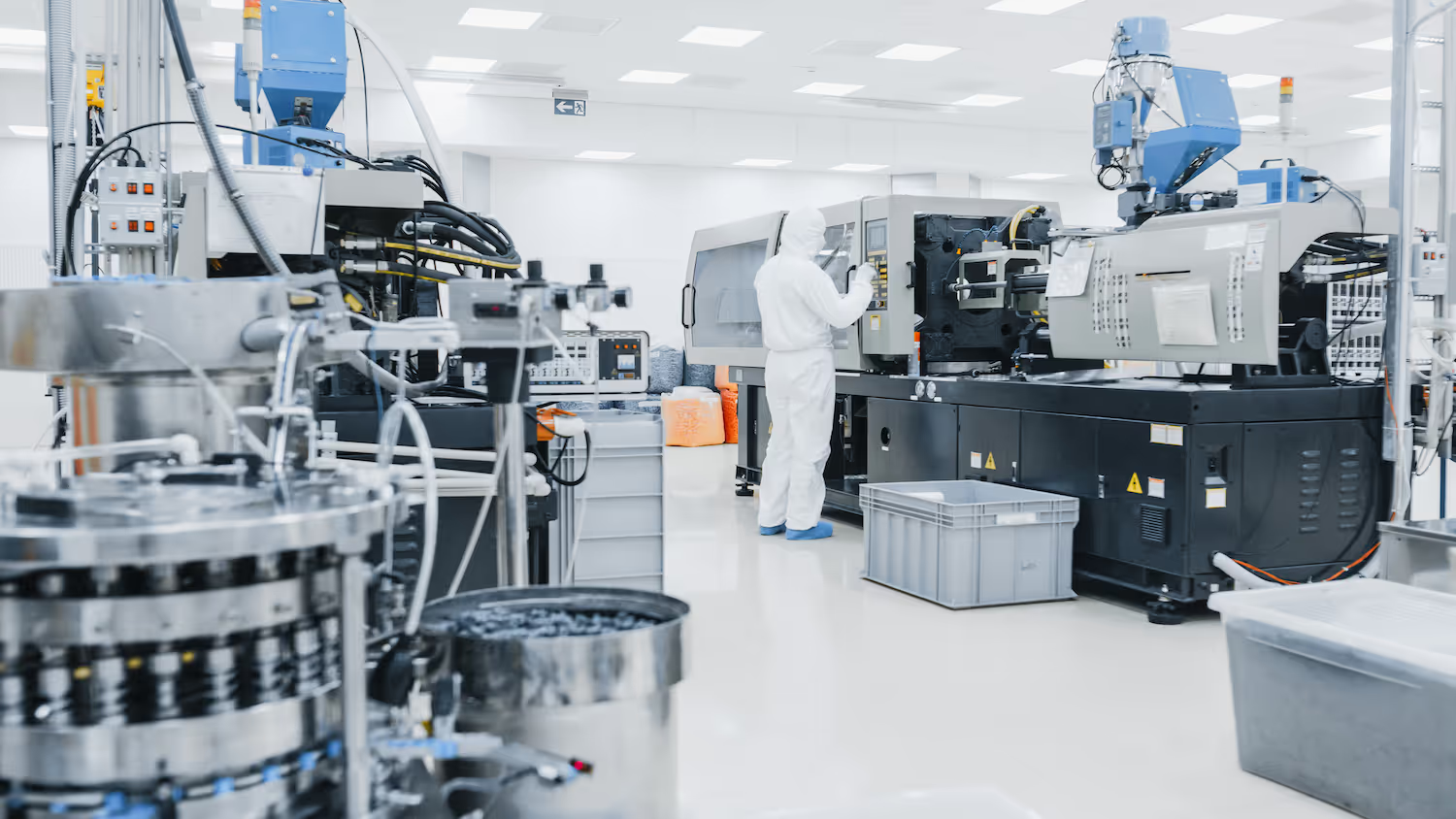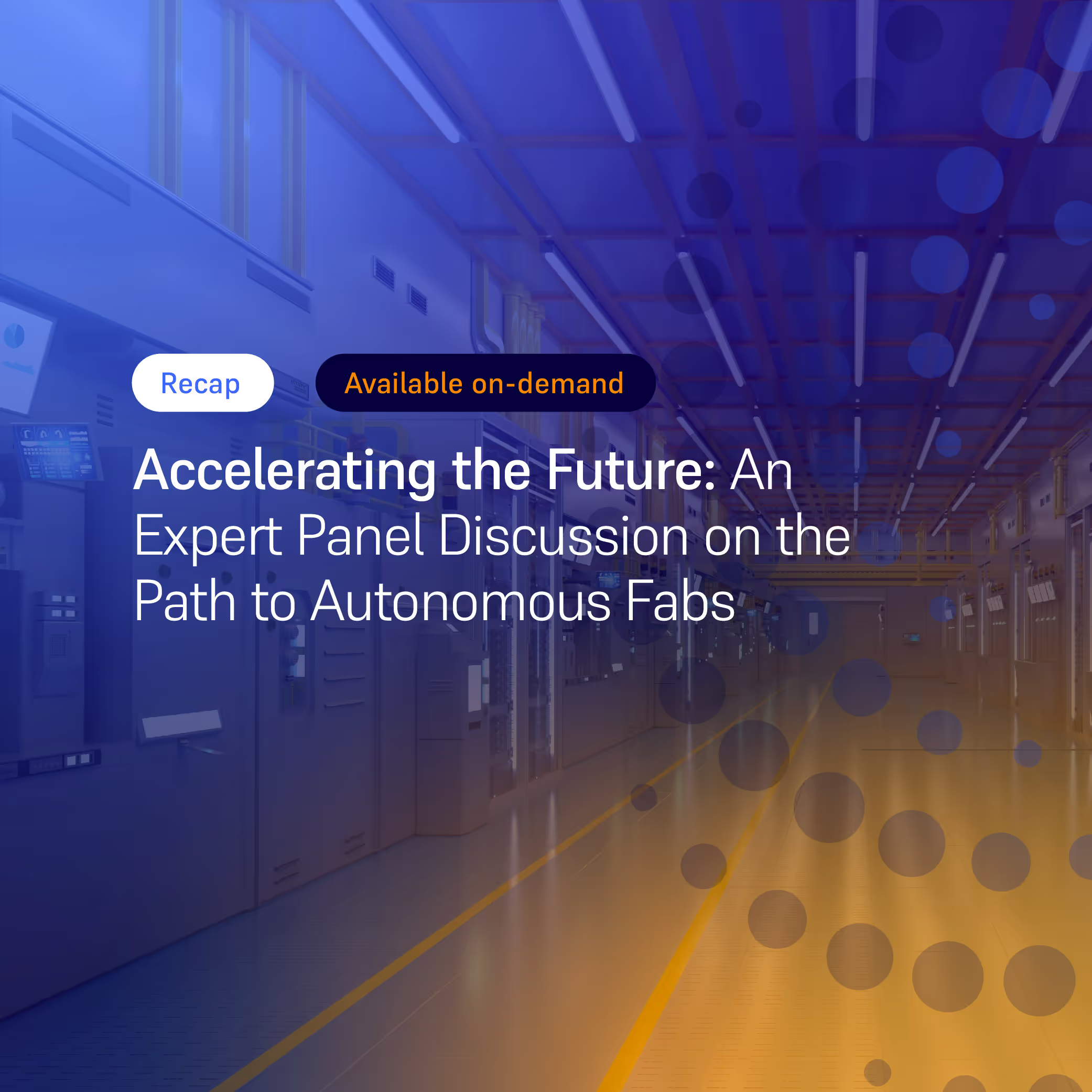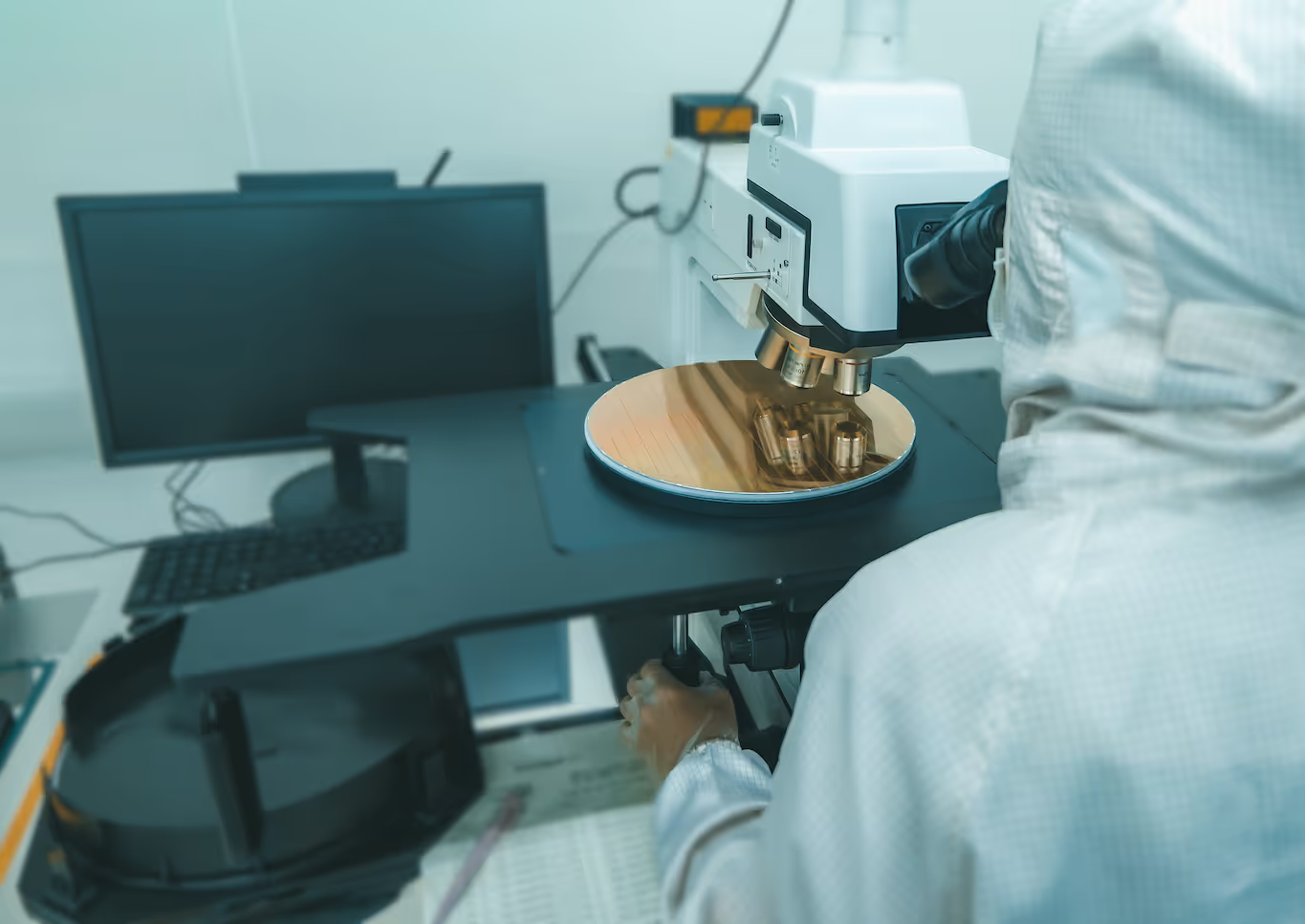Technical Paper: Winter Simulation Conference 2022
The first published case study of a successful fab-wide scheduling deployment in a large-scale semiconductor wafer fab.
Technical Paper: Winter Simulation Conference 2022
The first published case study of a successful fab-wide scheduling deployment in a large-scale semiconductor wafer fab.
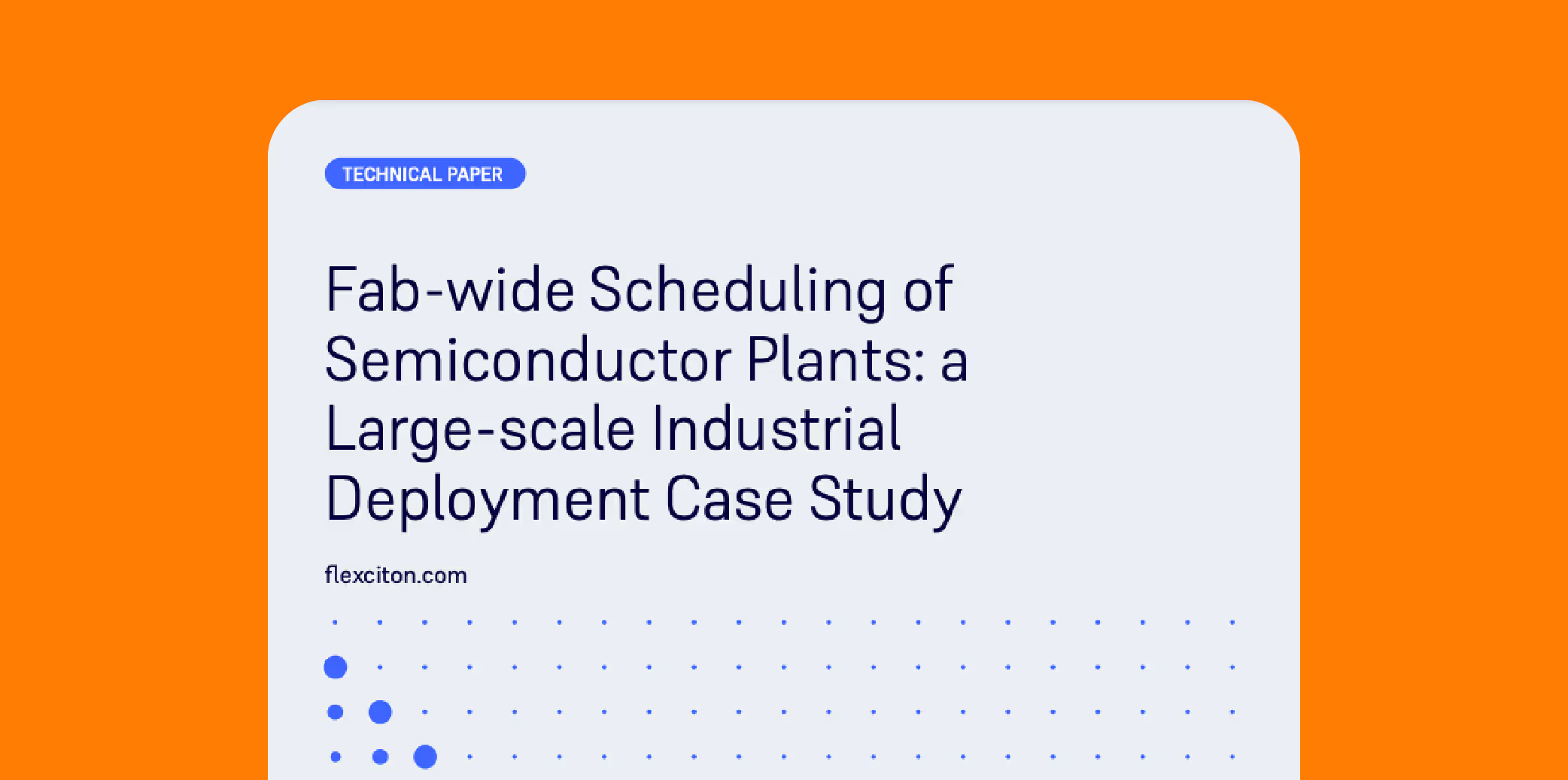
Authors:
Ioannis Konstantelos, Johannes Wiebe, Robert Moss, Sebastian Steele, Dennis Xenos, Tina O’Donnell, and Sharon Feely.
Abstract:
This paper presents a novel fab-wide scheduling approach for large semiconductor manufacturing plants. The challenge lies in the scale and complexity of the problem at hand; thousands of wafers must be scheduled on hundreds of machines across several steps while respecting a wide array of operational constraints such as the use of photolithography reticles, timelinks and flow control limits. We begin by surveying the state-of-the art and presenting some key opportunities that arise in the context of global scheduling. The proposed approach is presented, highlighting its hierarchical structure and how it can interface with local toolset schedulers. We present some illustrative examples and aggregate statistics obtained during ongoing trials at Seagate Springtown. We demonstrate that the proposed approach can result in substantial cycle time improvements when compared to myopic dispatch methods and a marked reduction in the need of manual intervention for controlling flows.
Technical Paper: Winter Simulation Conference 2022
Fab-wide Scheduling of Semiconductor Plants: a Large-scale Industrial Deployment Case Study
Authors:
Ioannis Konstantelos, Johannes Wiebe, Robert Moss, Sebastian Steele, Dennis Xenos, Tina O’Donnell, and Sharon Feely.
Abstract:
This paper presents a novel fab-wide scheduling approach for large semiconductor manufacturing plants. The challenge lies in the scale and complexity of the problem at hand; thousands of wafers must be scheduled on hundreds of machines across several steps while respecting a wide array of operational constraints such as the use of photolithography reticles, timelinks and flow control limits. We begin by surveying the state-of-the art and presenting some key opportunities that arise in the context of global scheduling. The proposed approach is presented, highlighting its hierarchical structure and how it can interface with local toolset schedulers. We present some illustrative examples and aggregate statistics obtained during ongoing trials at Seagate Springtown. We demonstrate that the proposed approach can result in substantial cycle time improvements when compared to myopic dispatch methods and a marked reduction in the need of manual intervention for controlling flows.
Useful resources
Stay up to date with our latest publications.
Speak to one of our experts
Book a demo session or simply reach out to one of our experts to learn more about what Autonomous Technology could do for your fab.





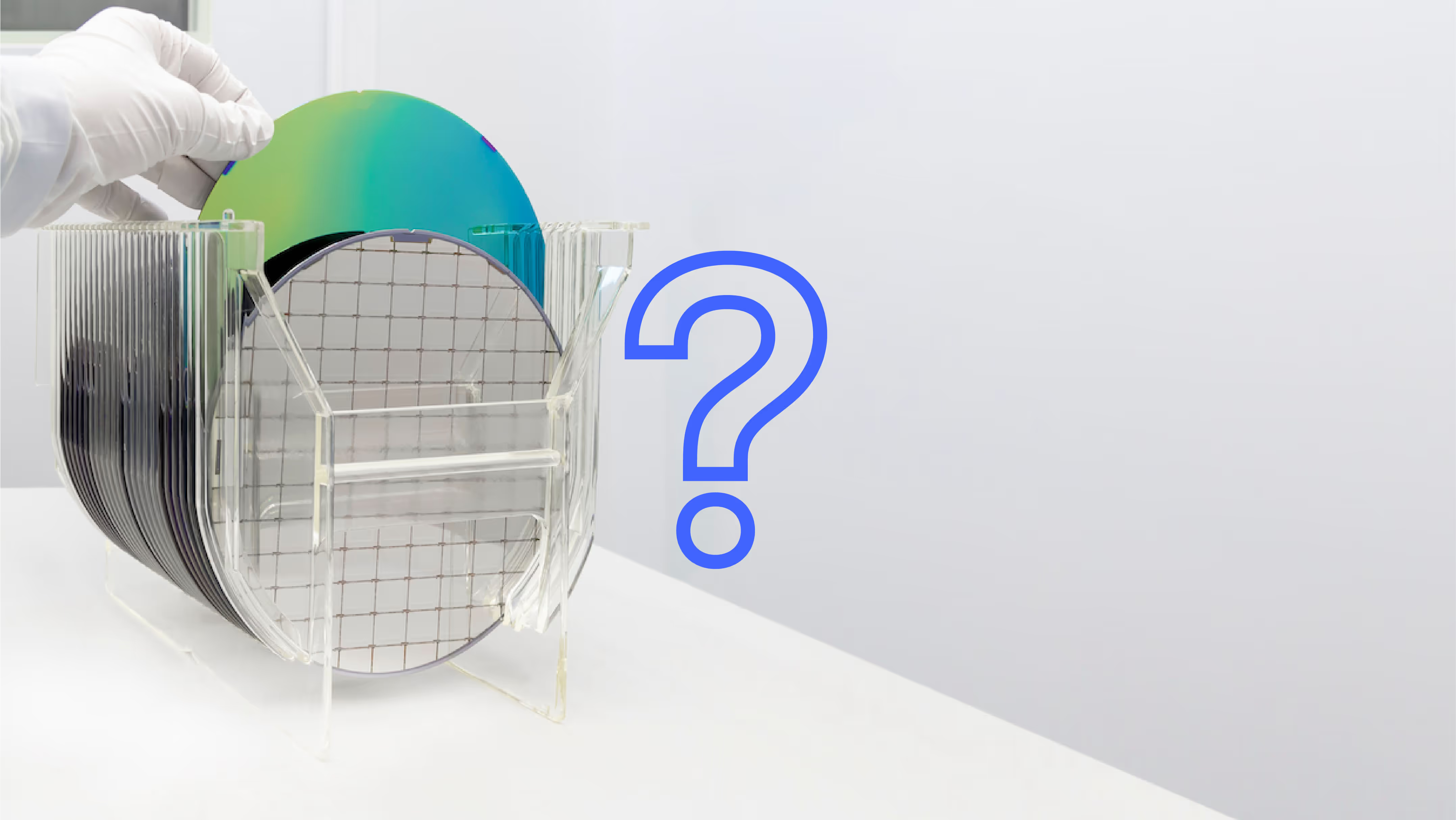
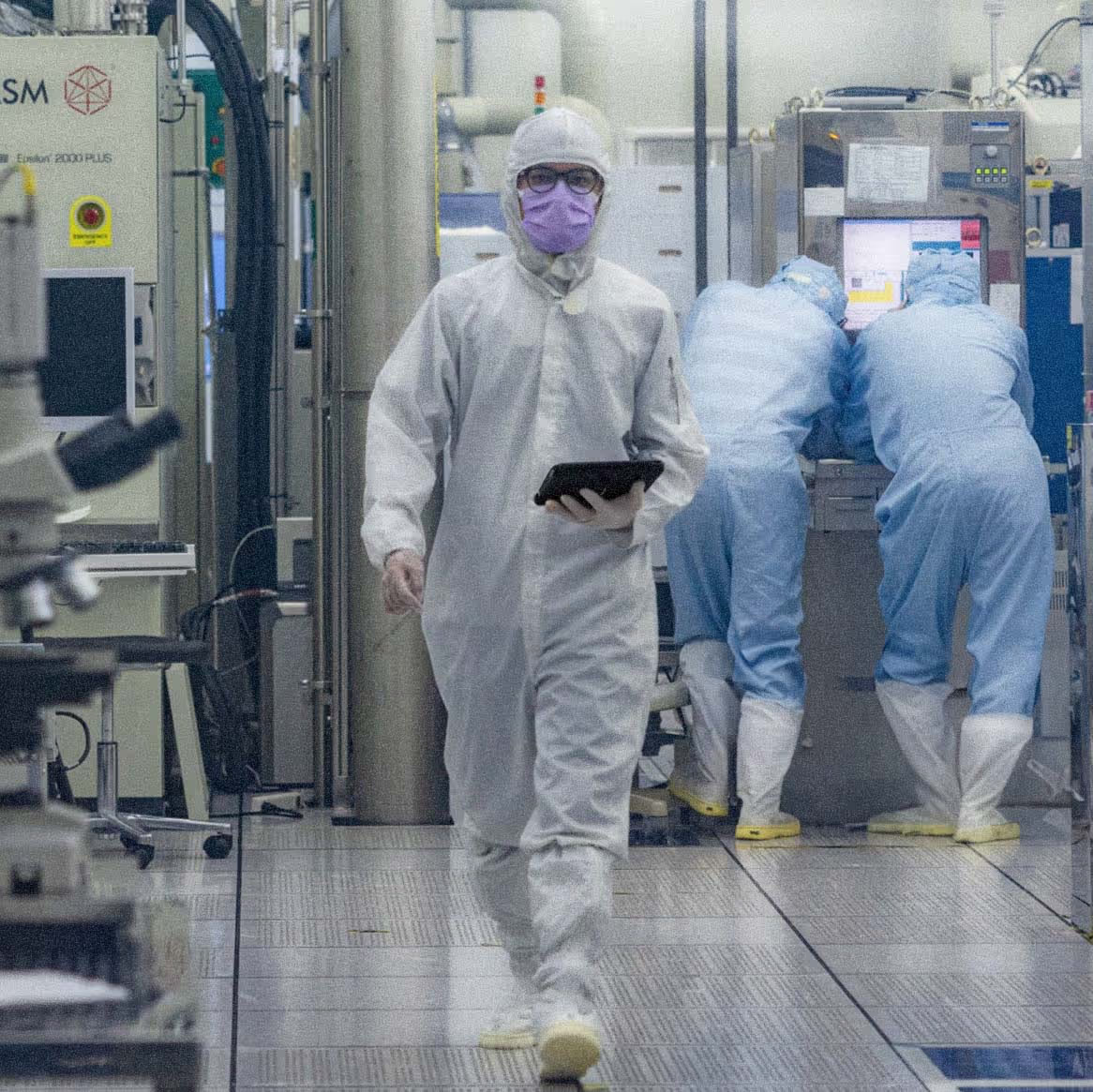
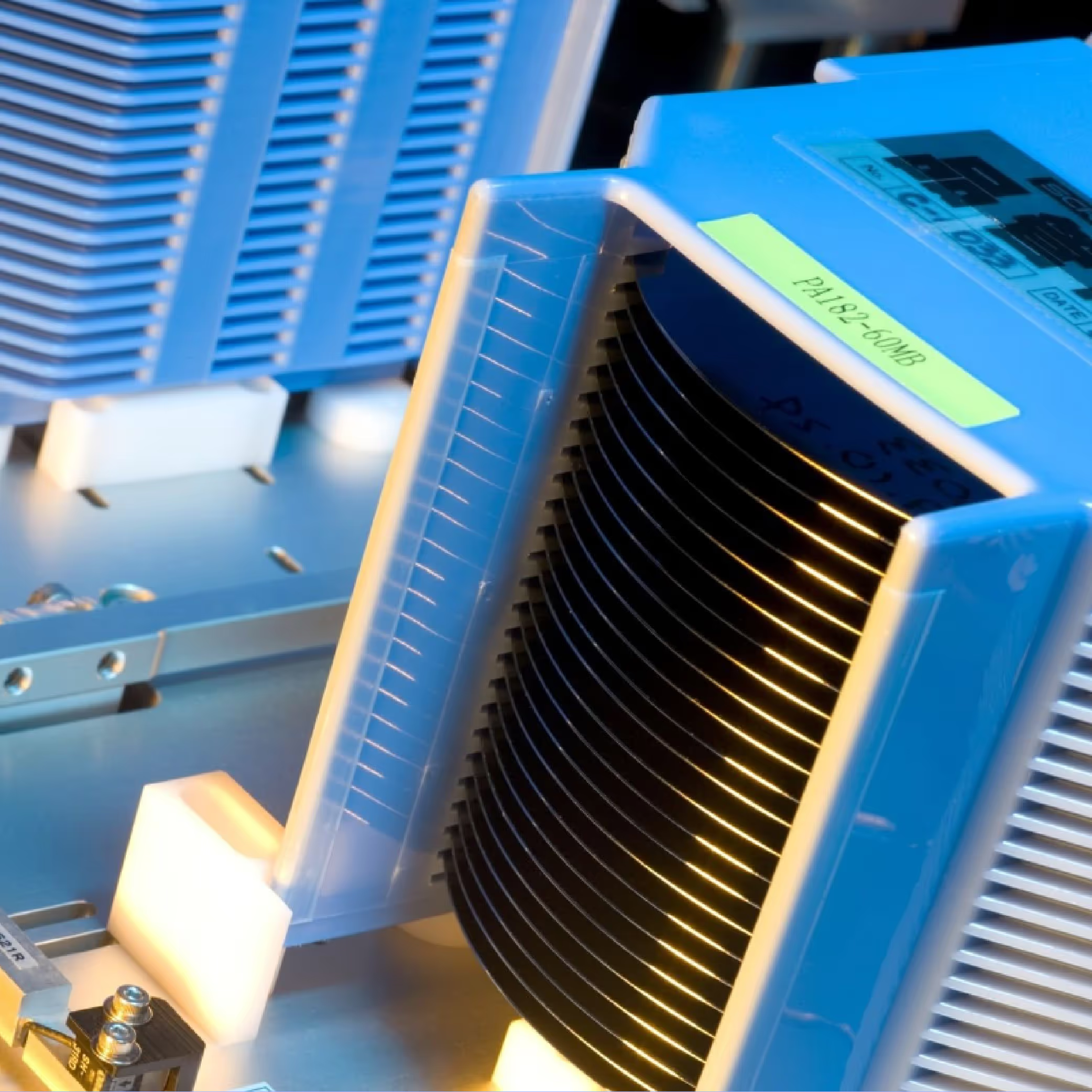
.avif)
.avif)
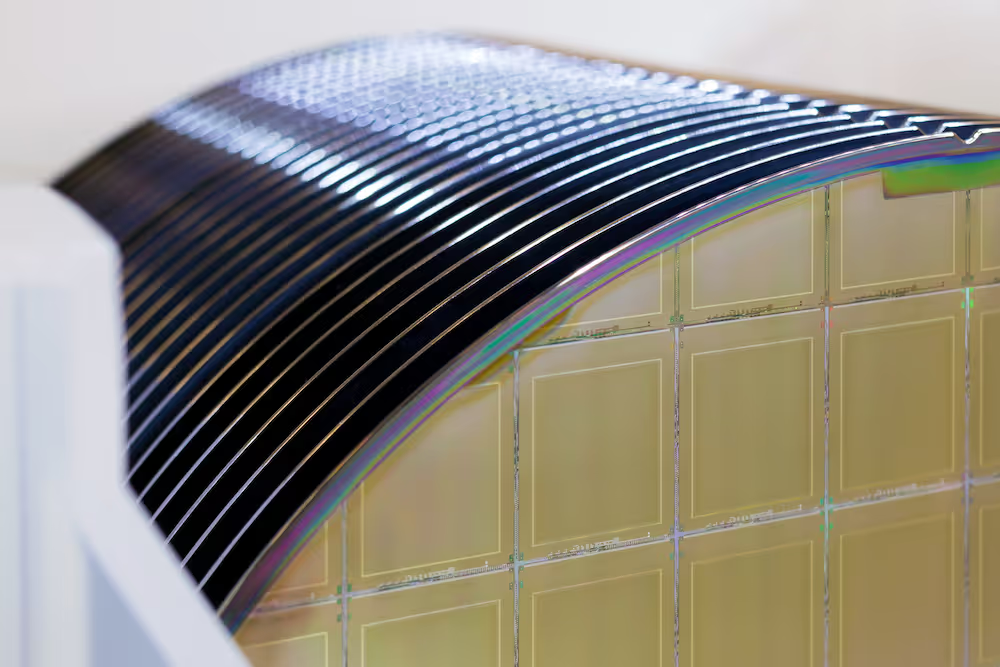


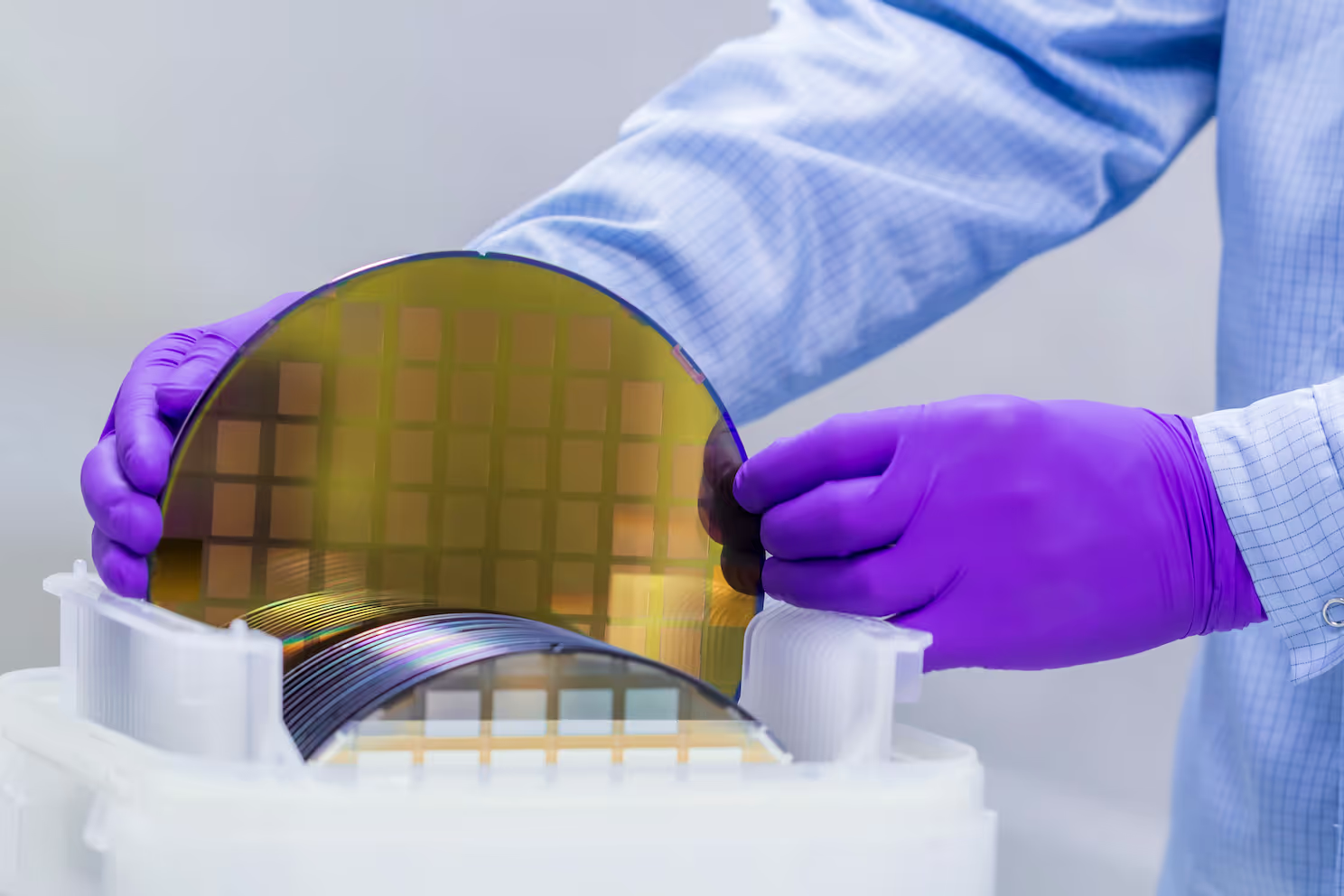
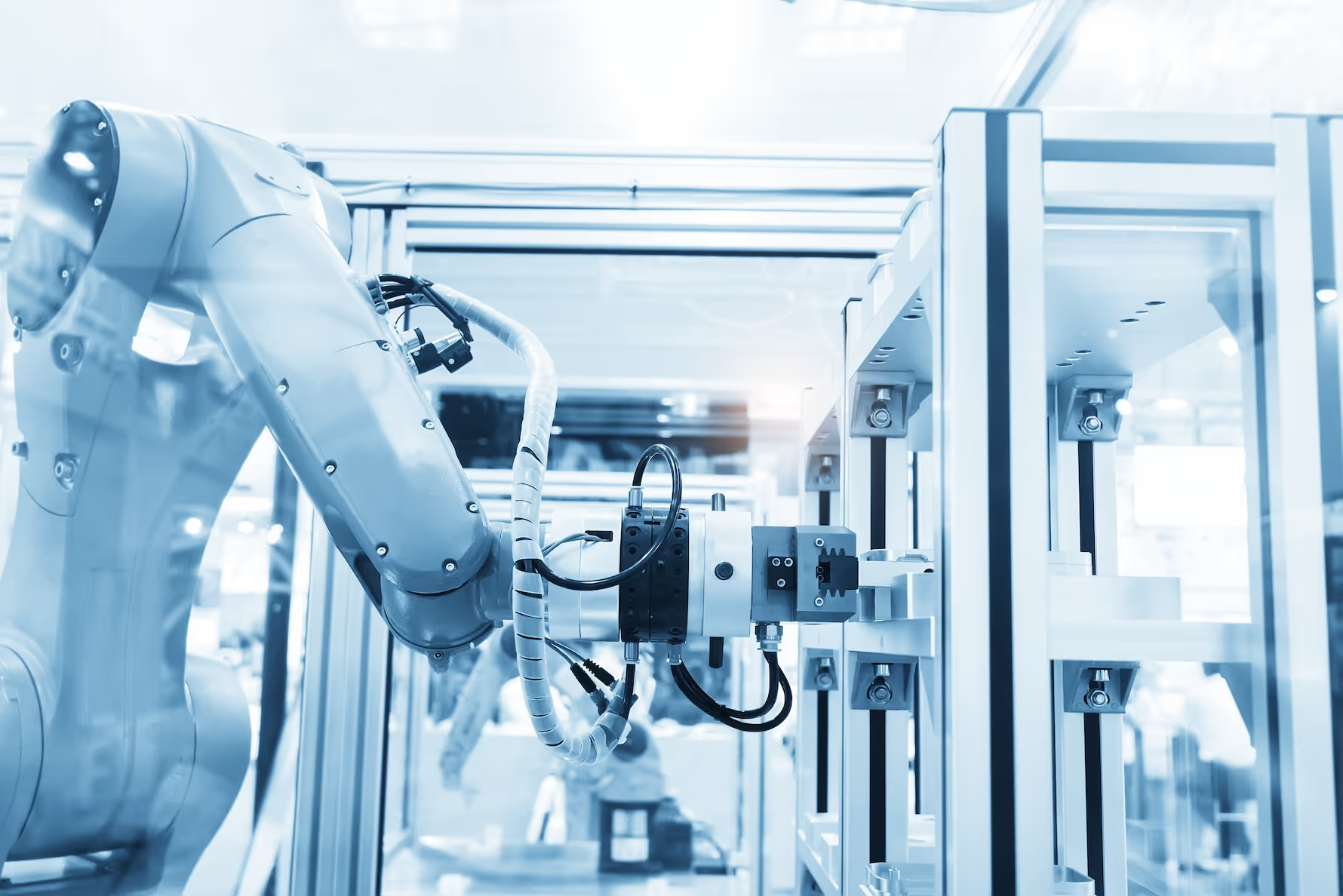
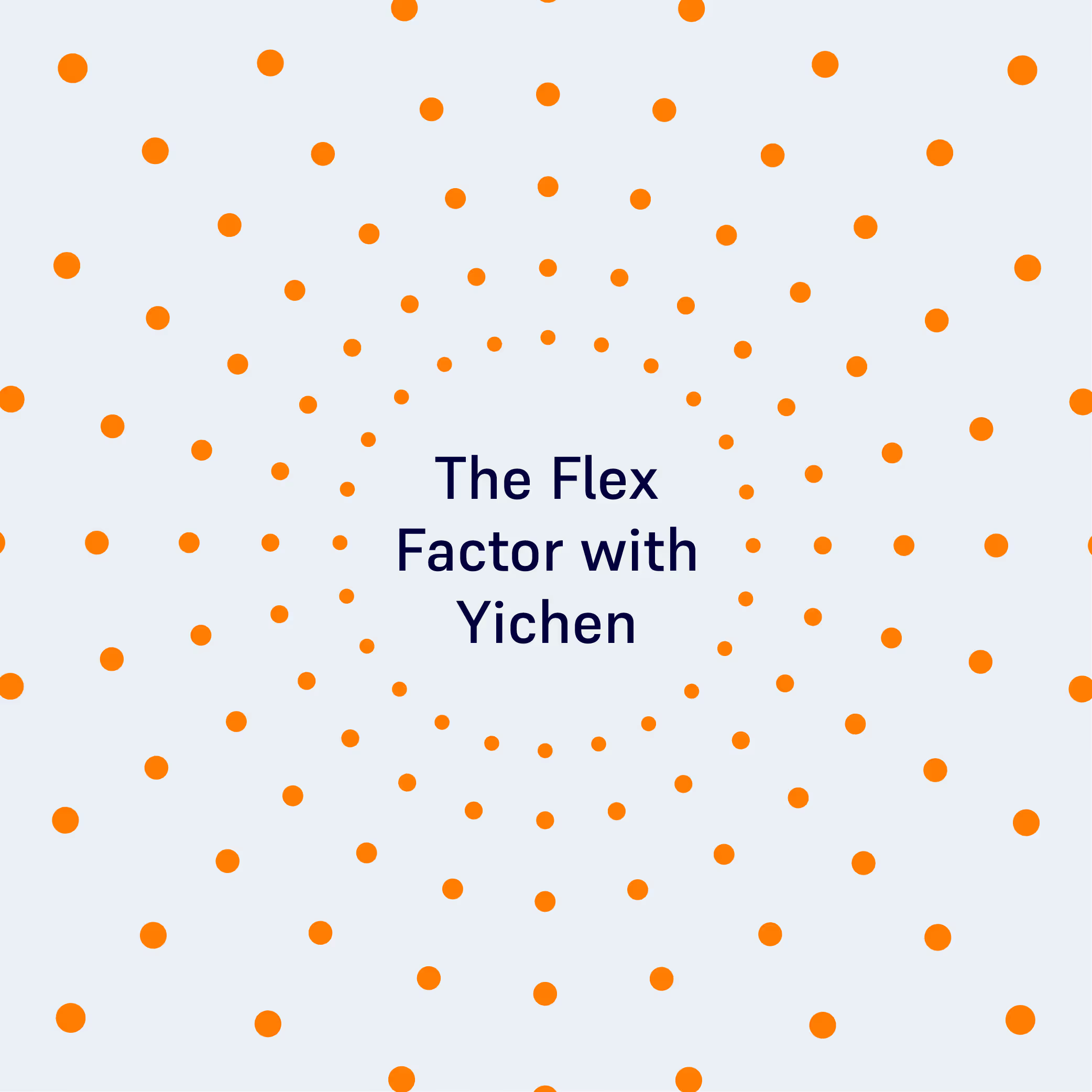



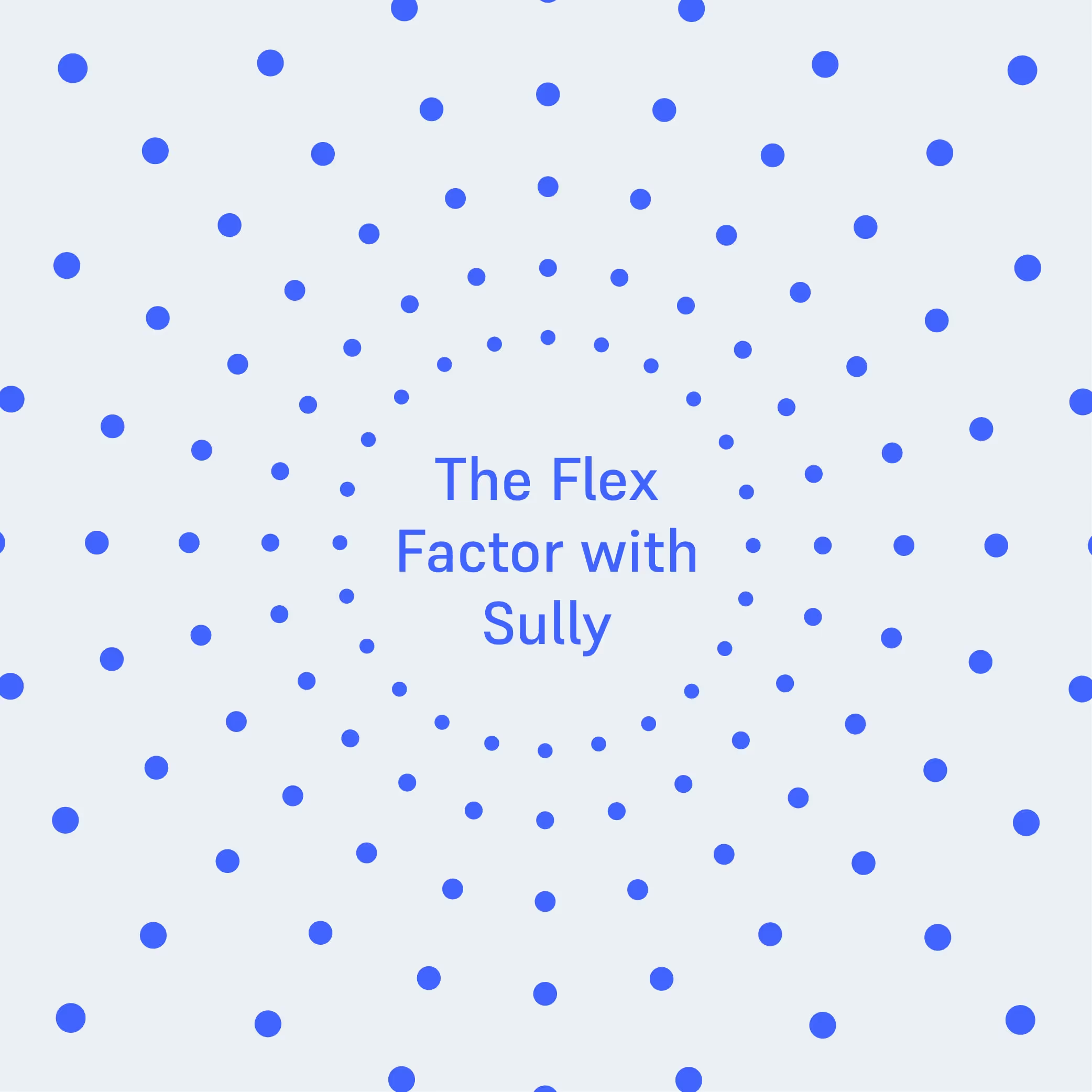
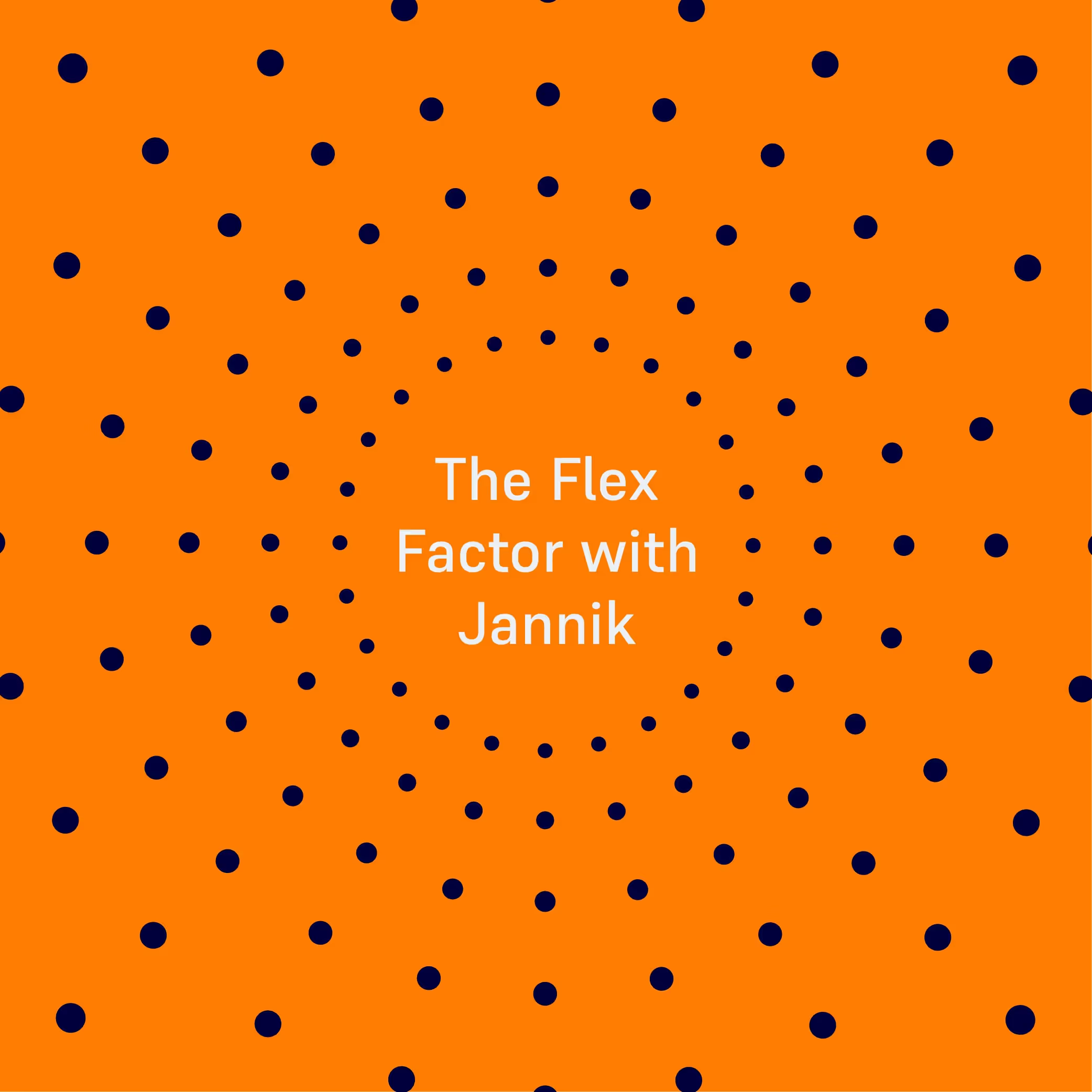
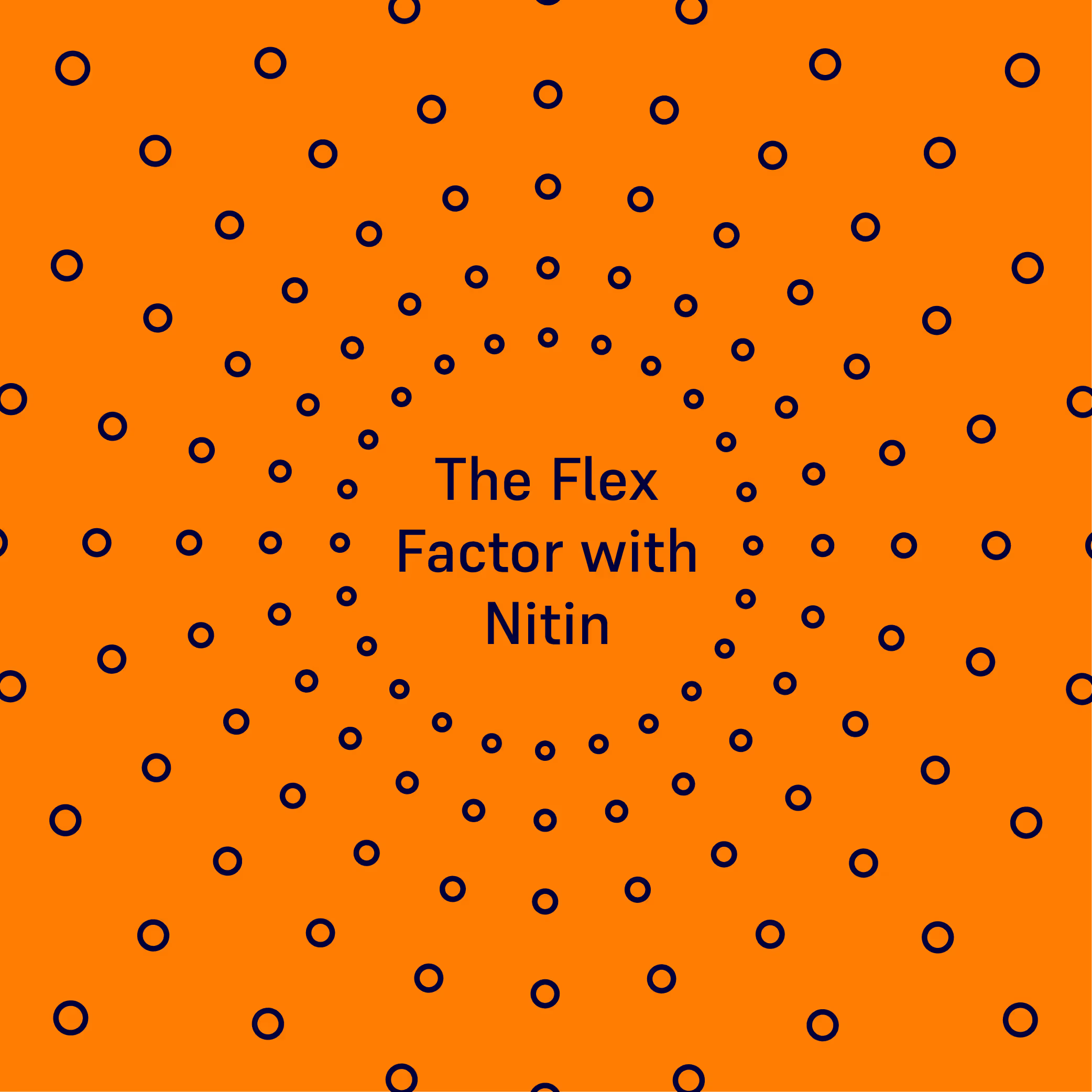


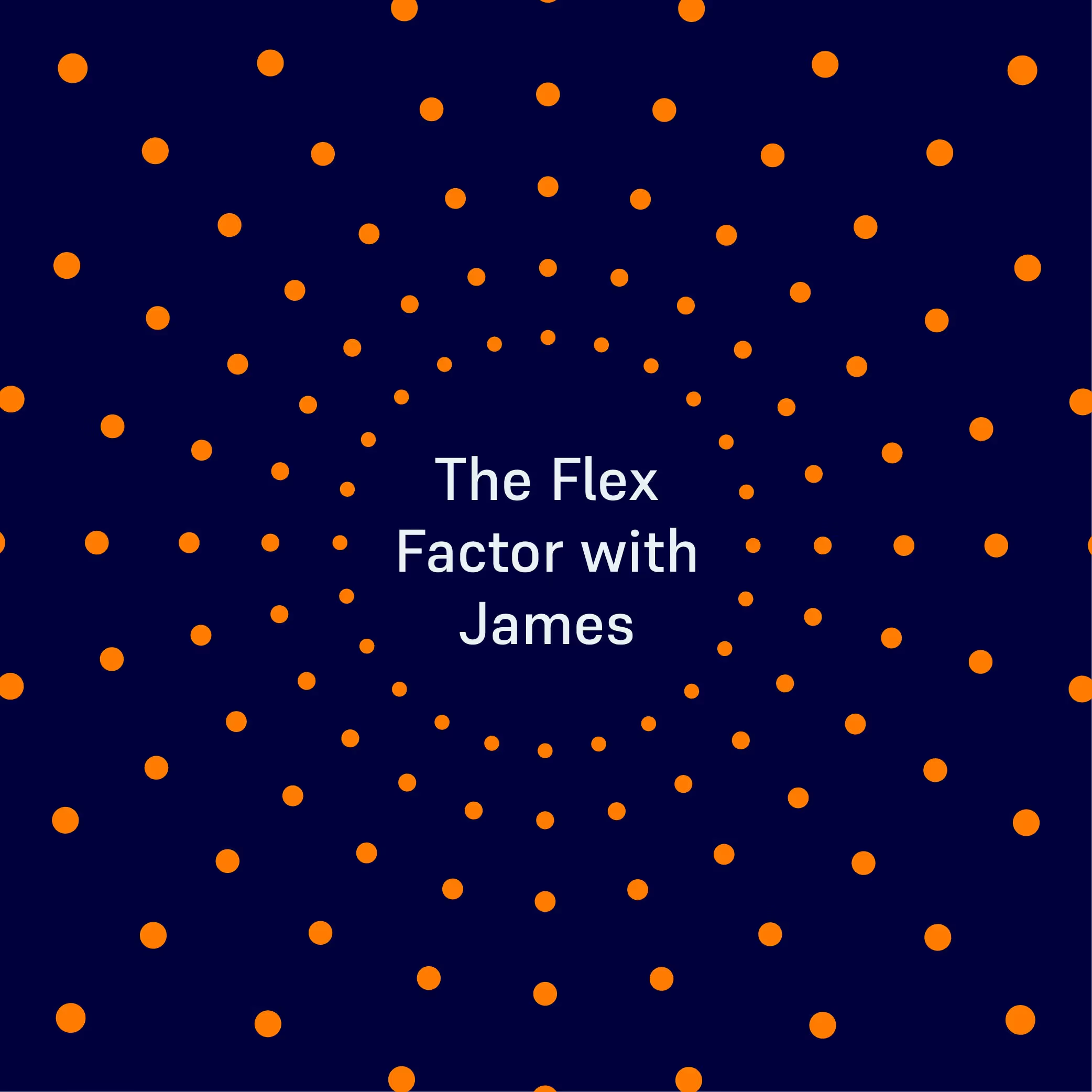

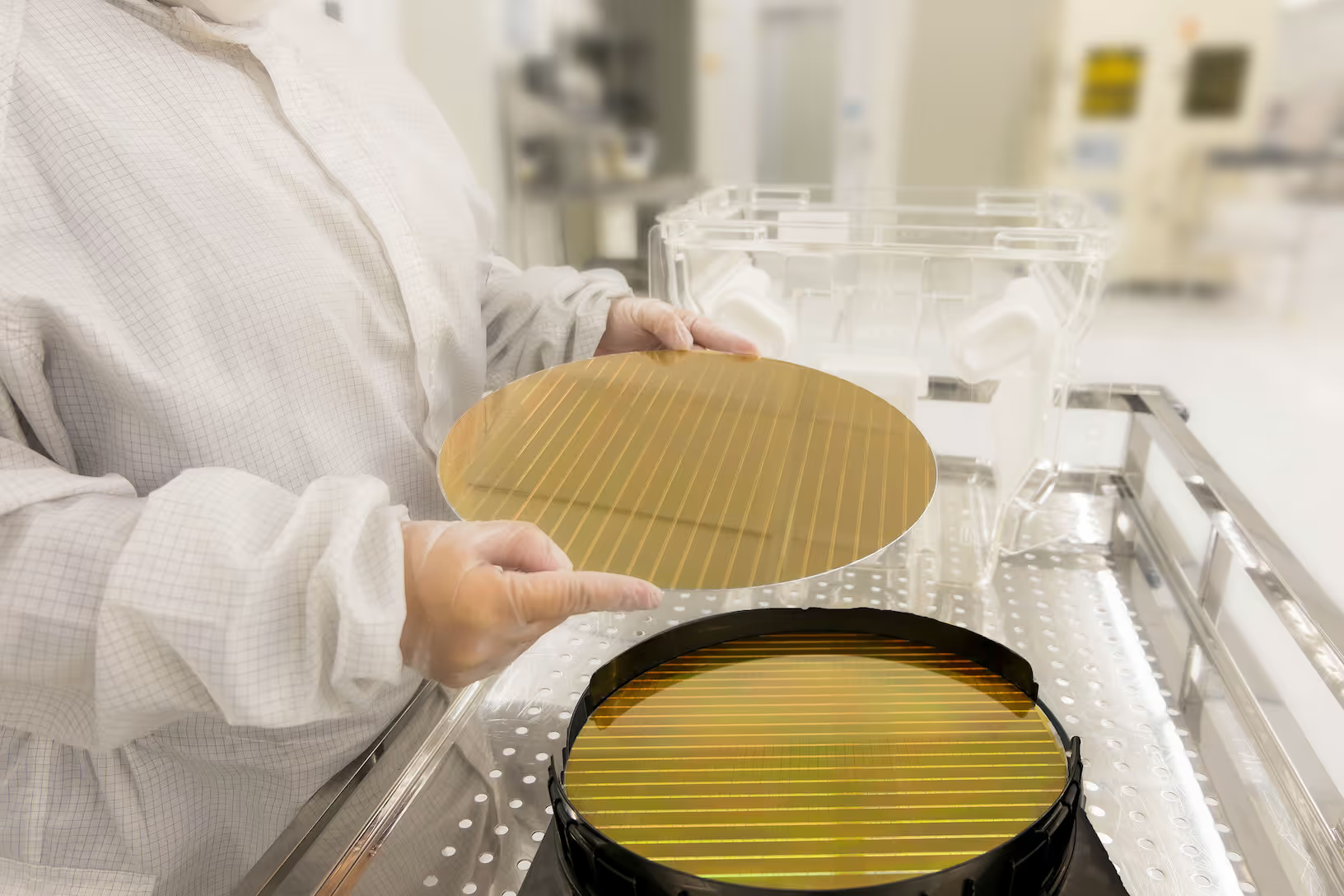

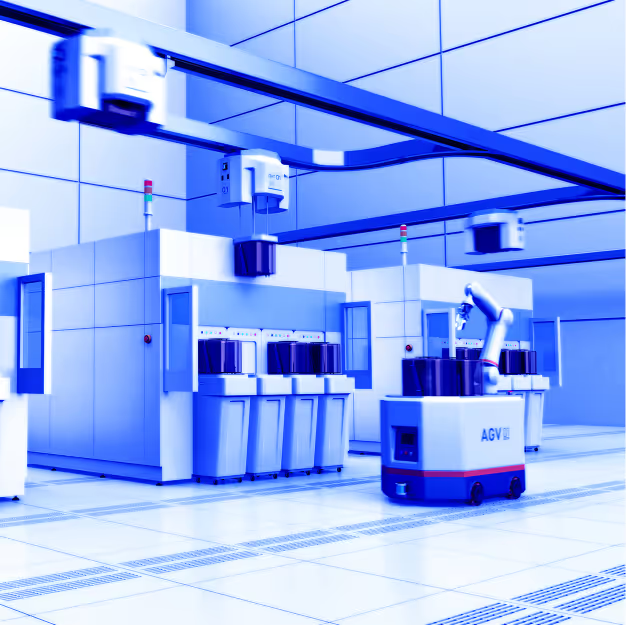
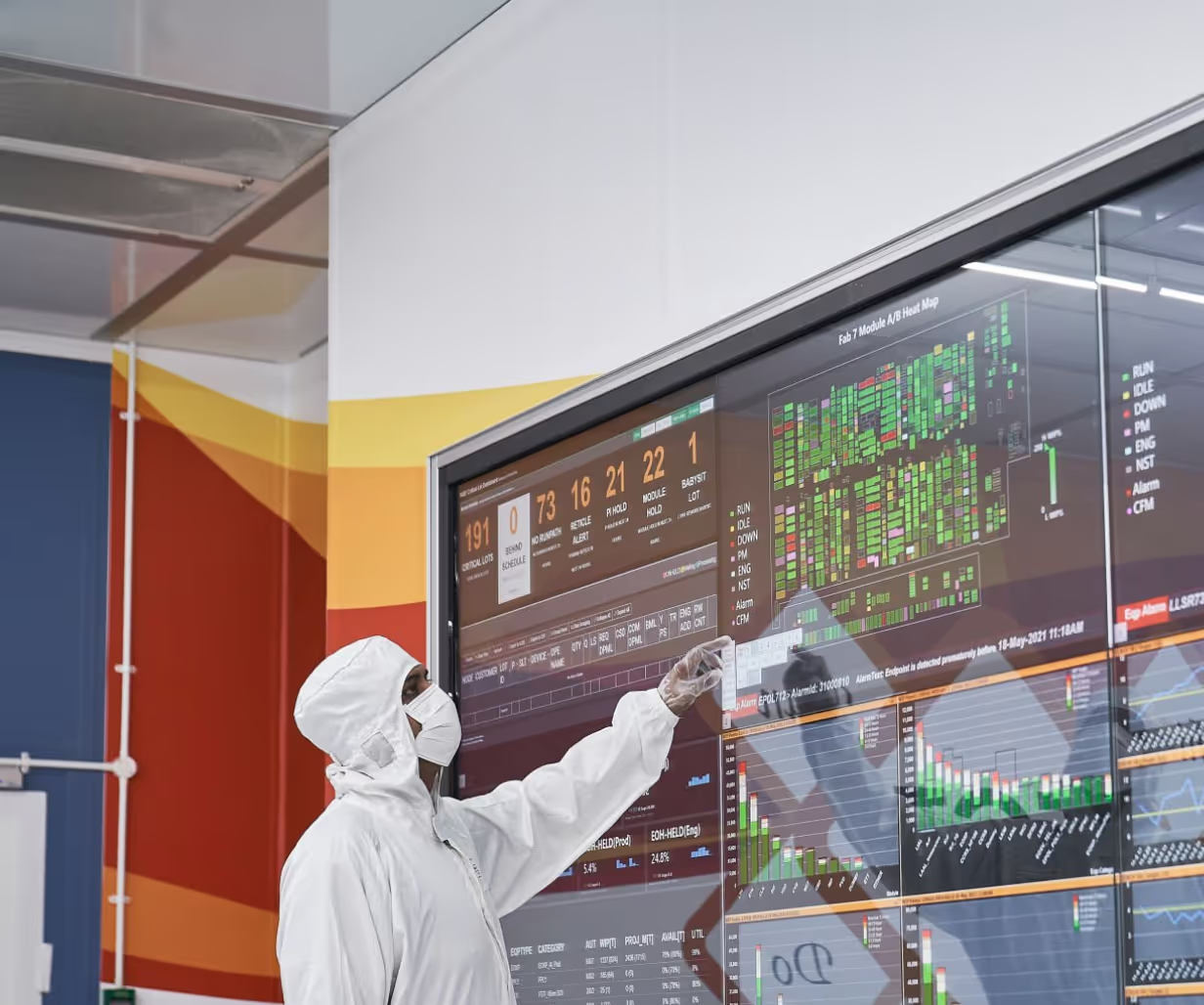


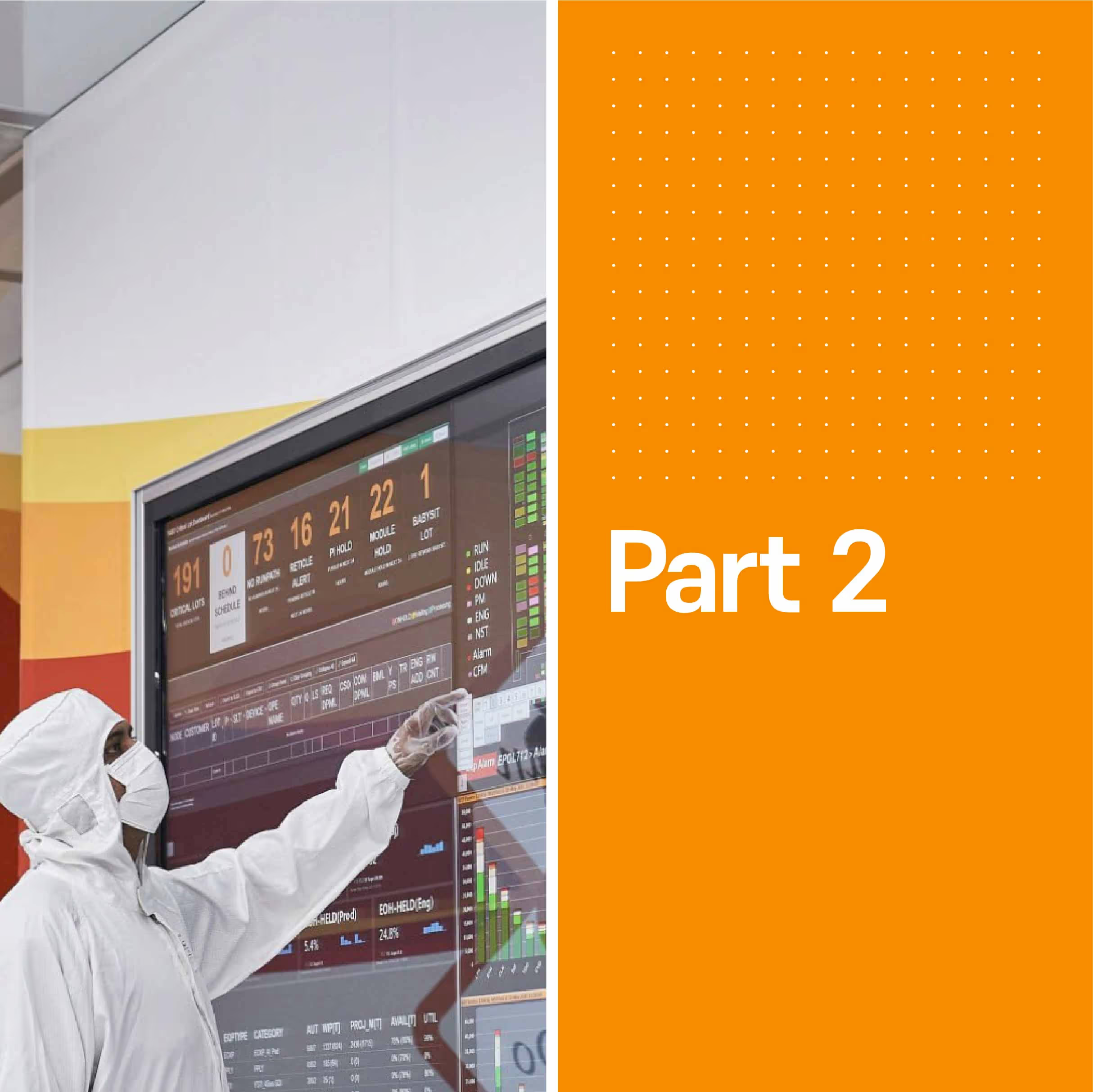

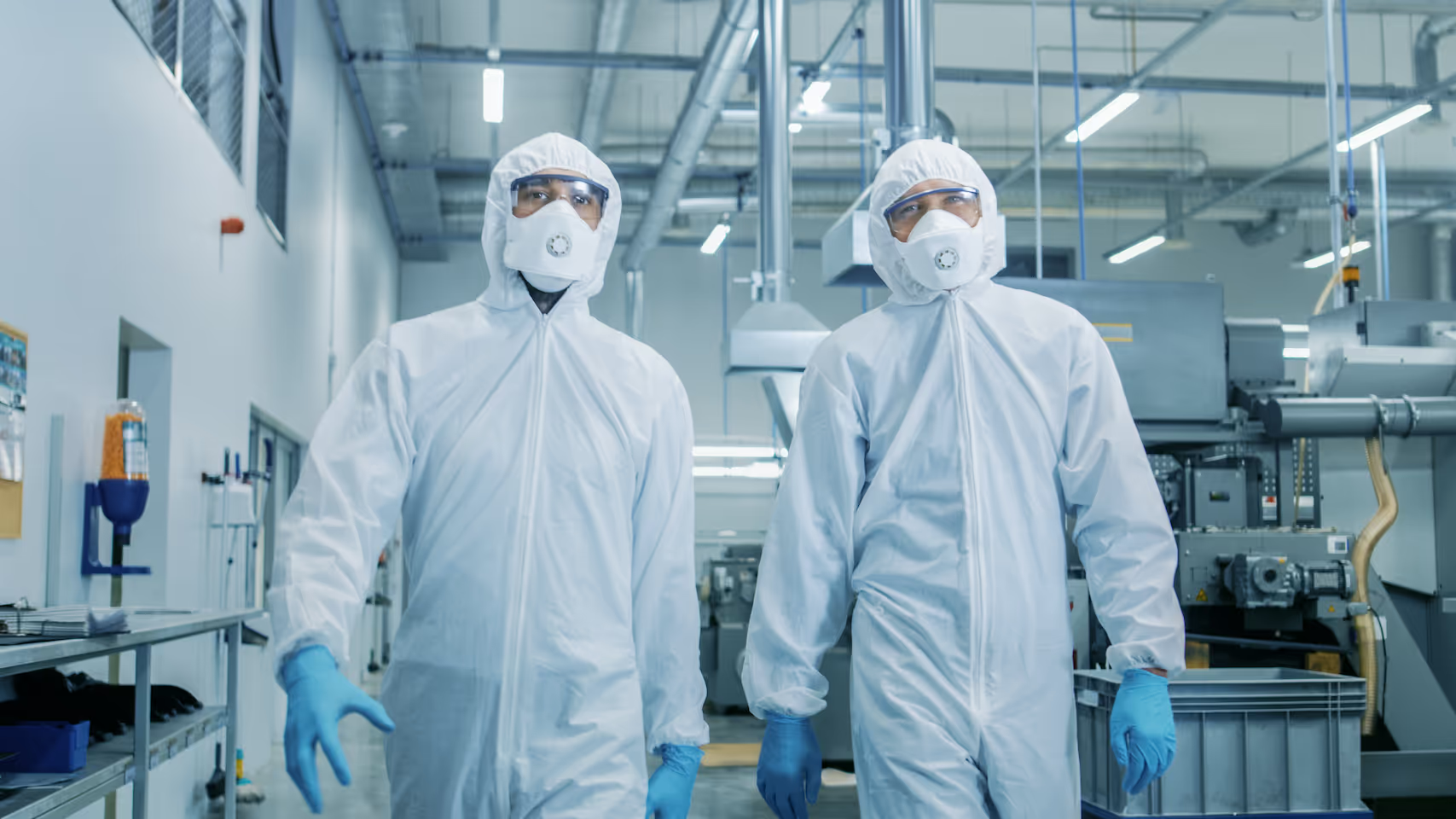

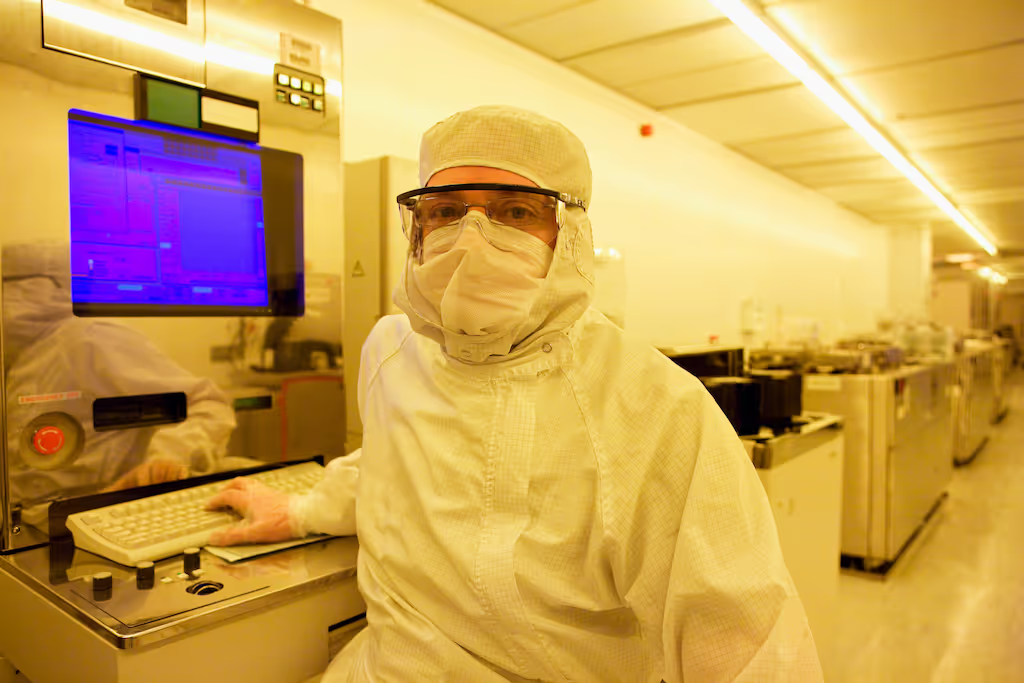
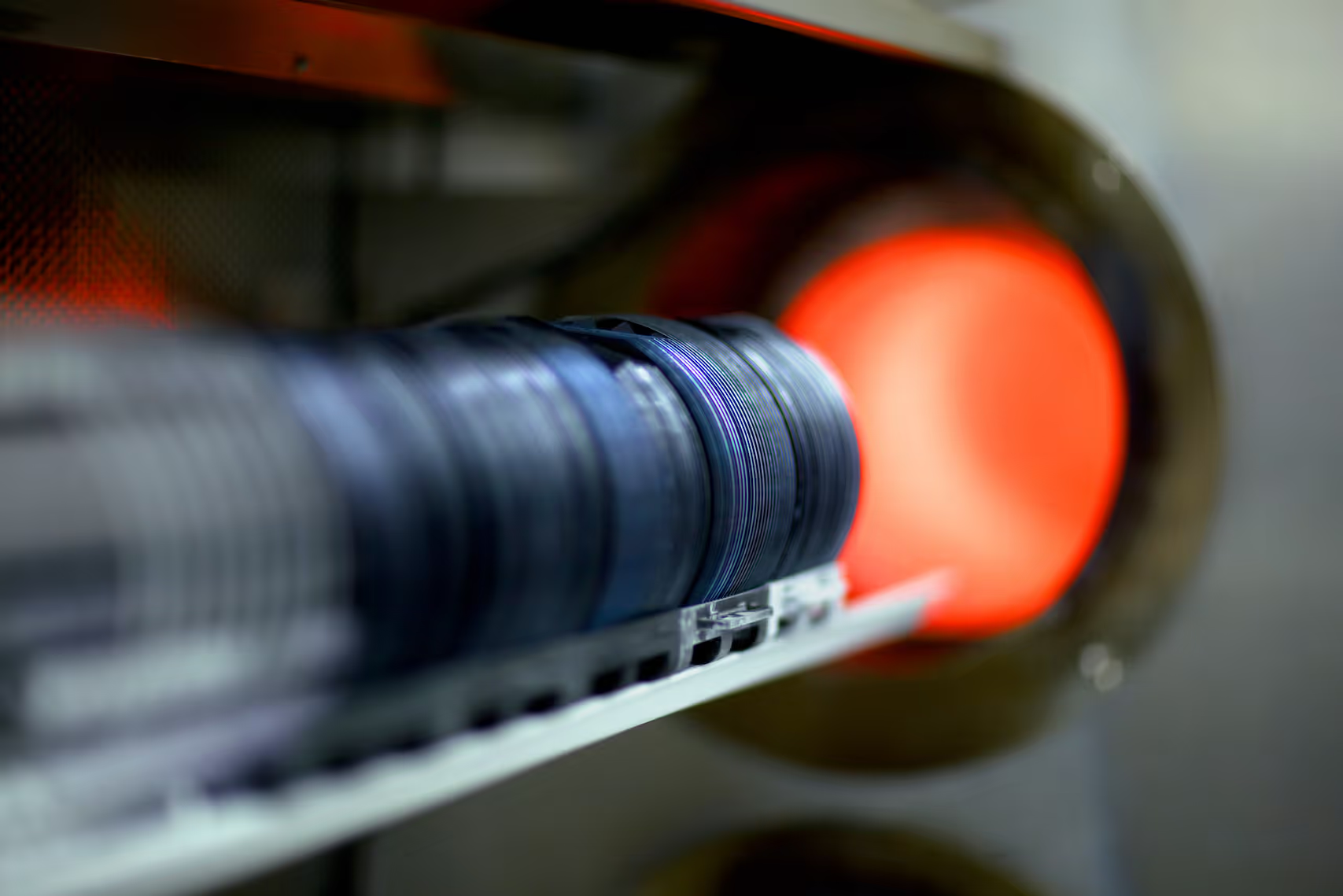
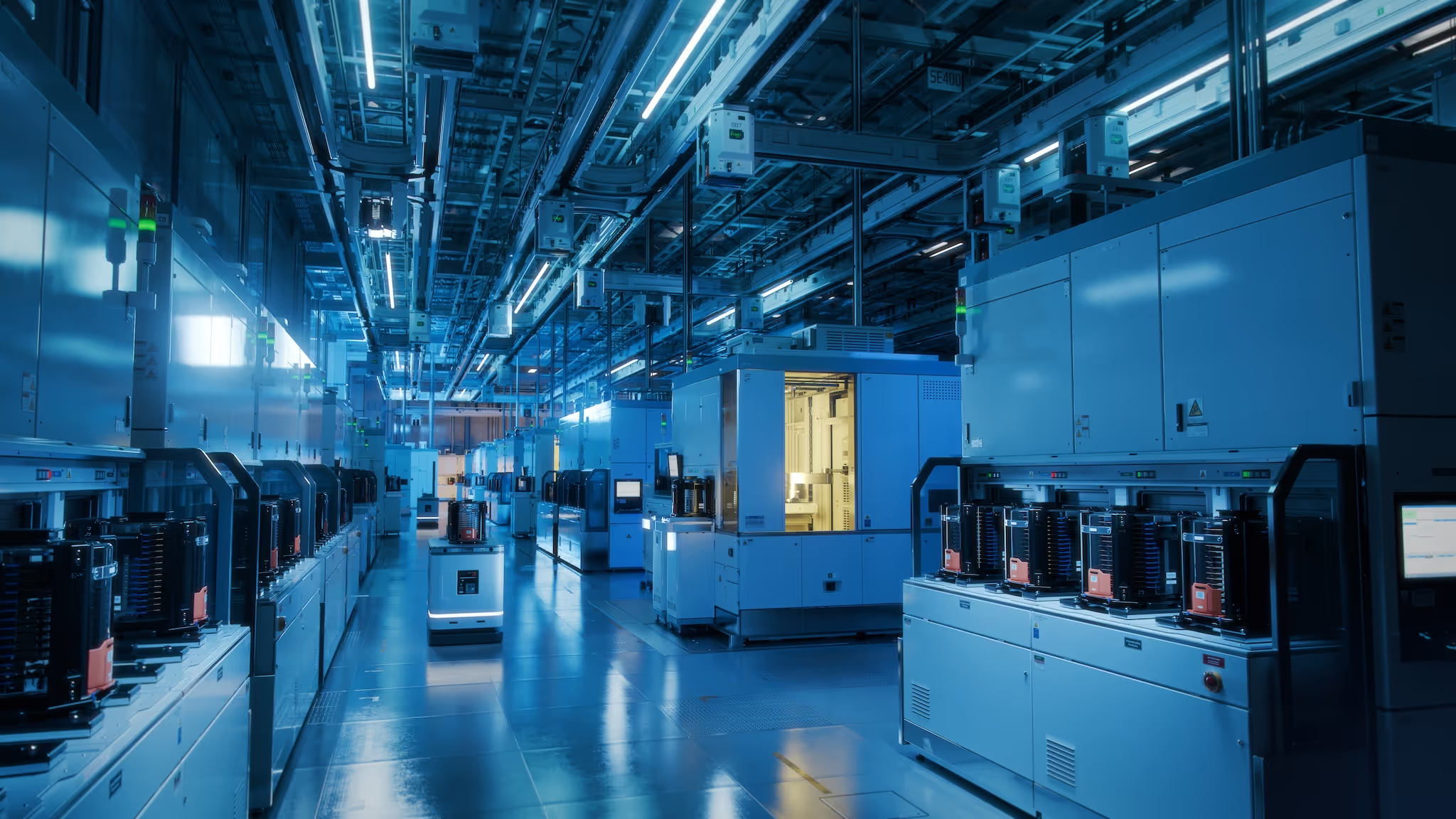

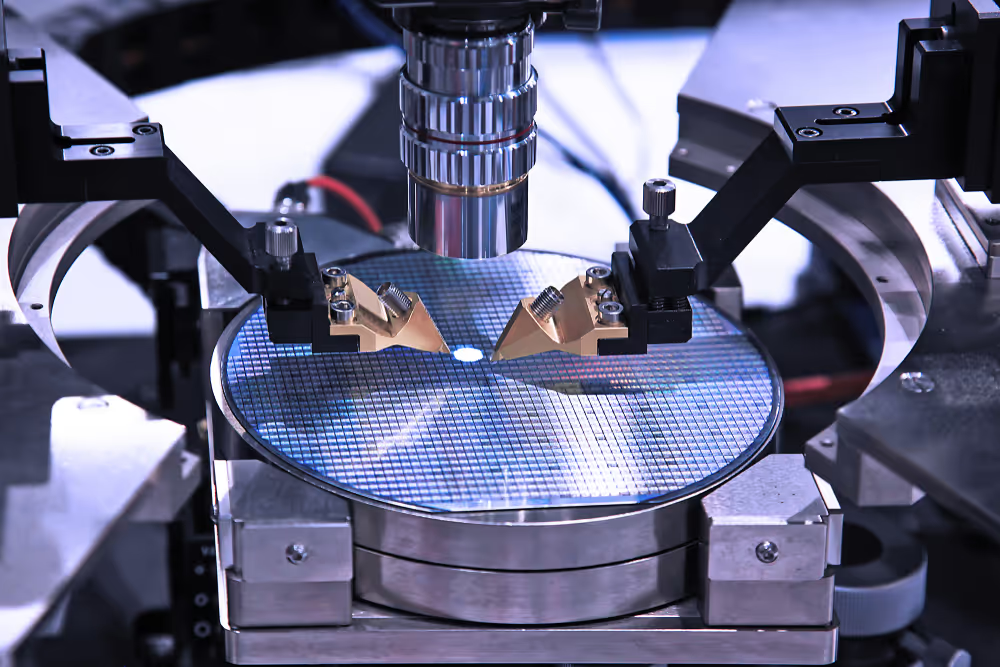
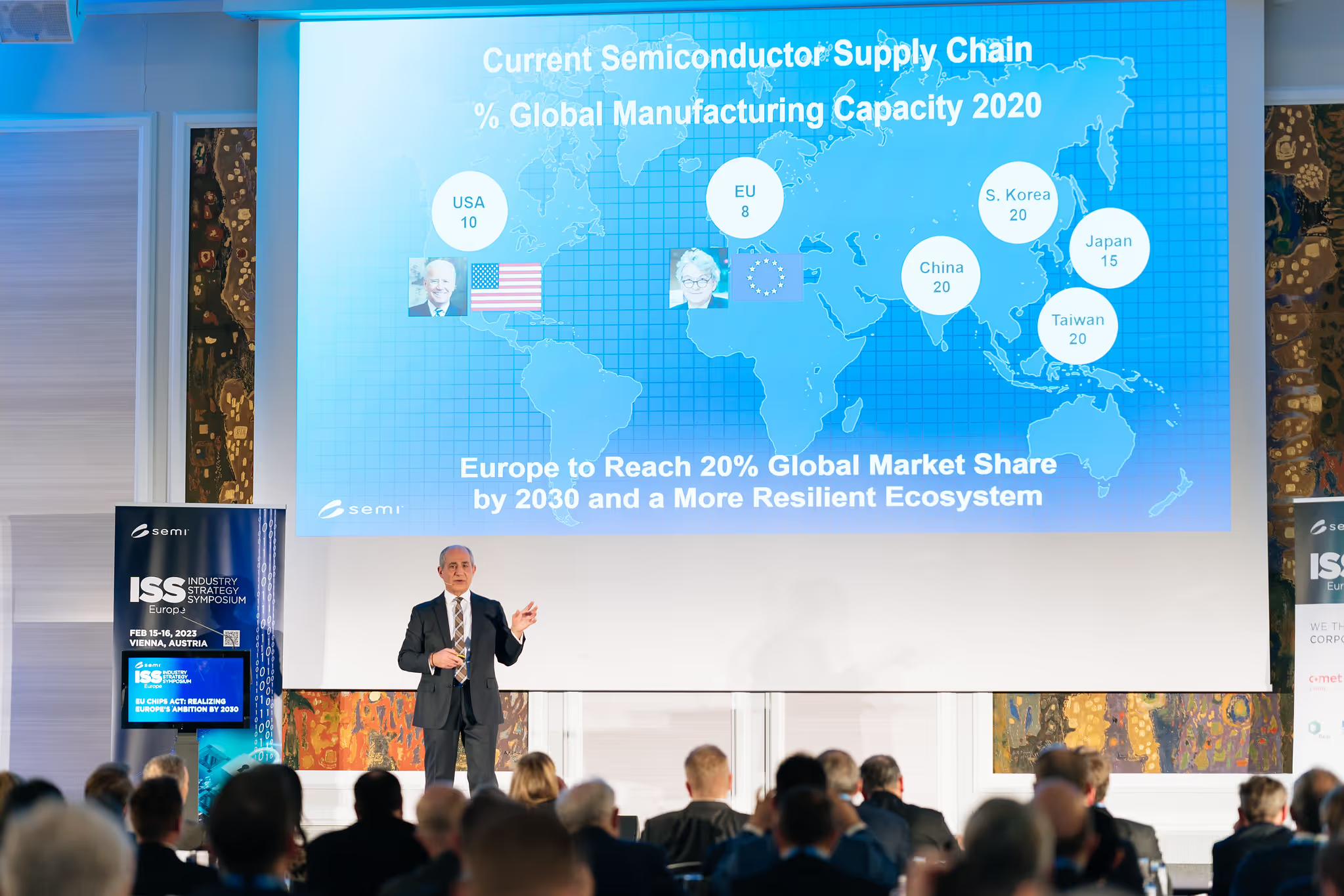
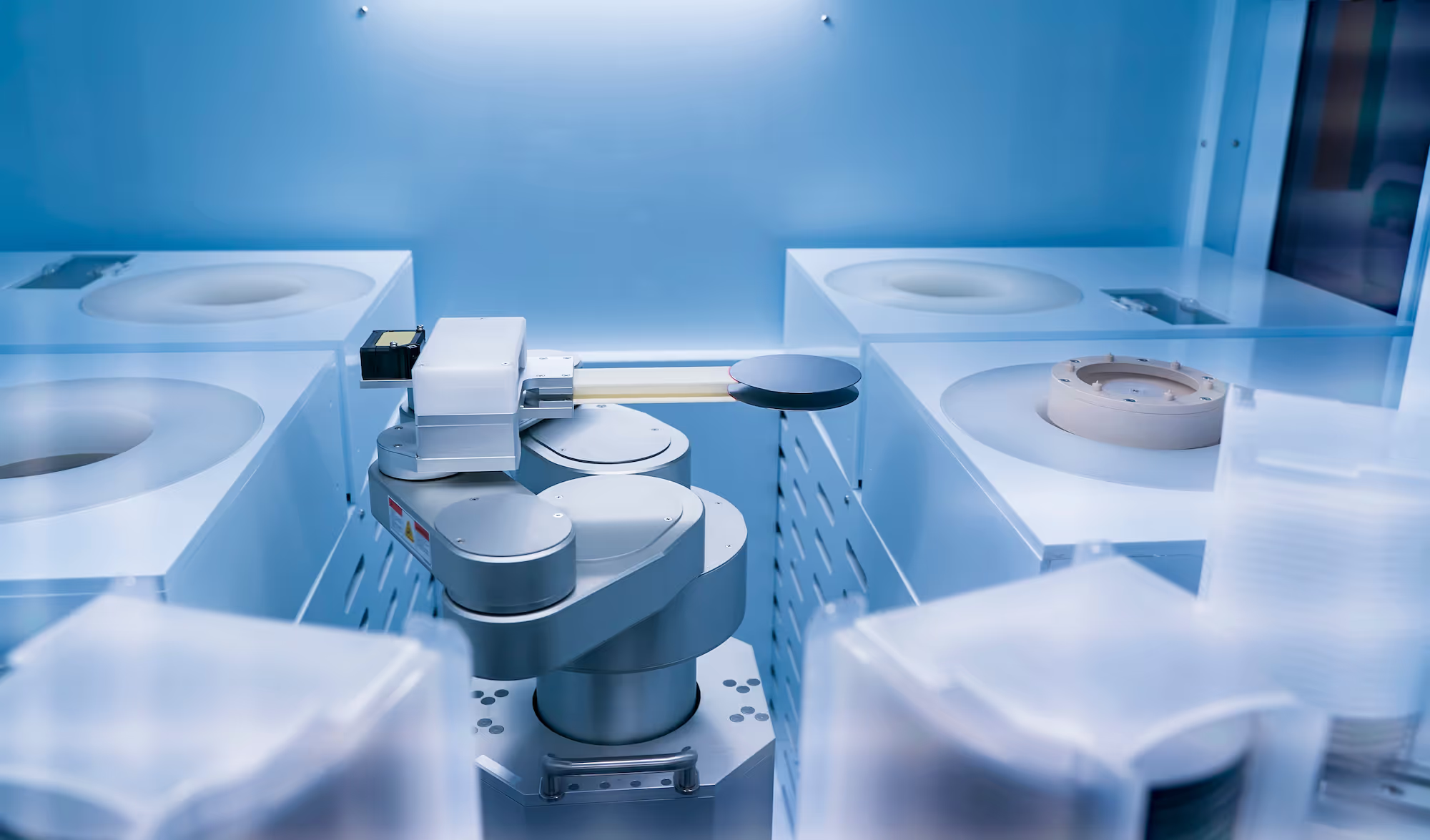
.avif)
